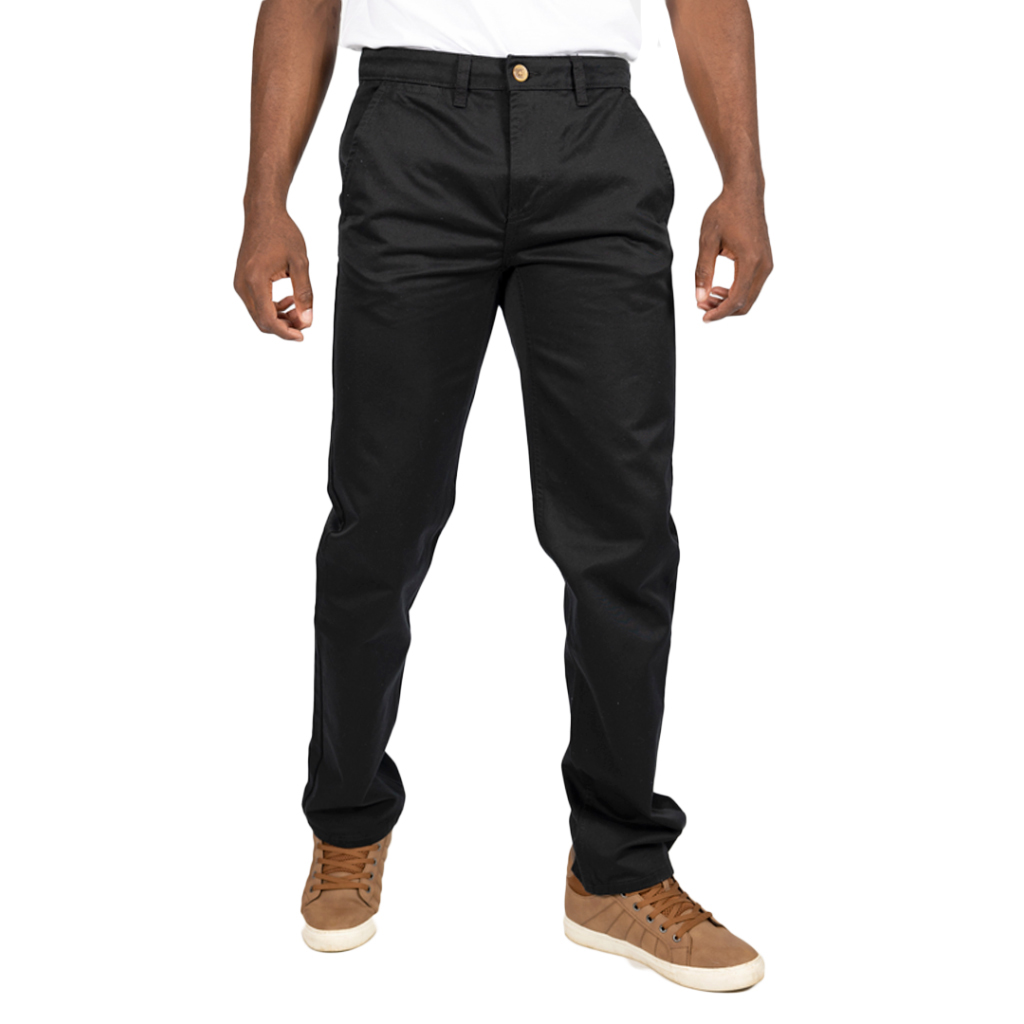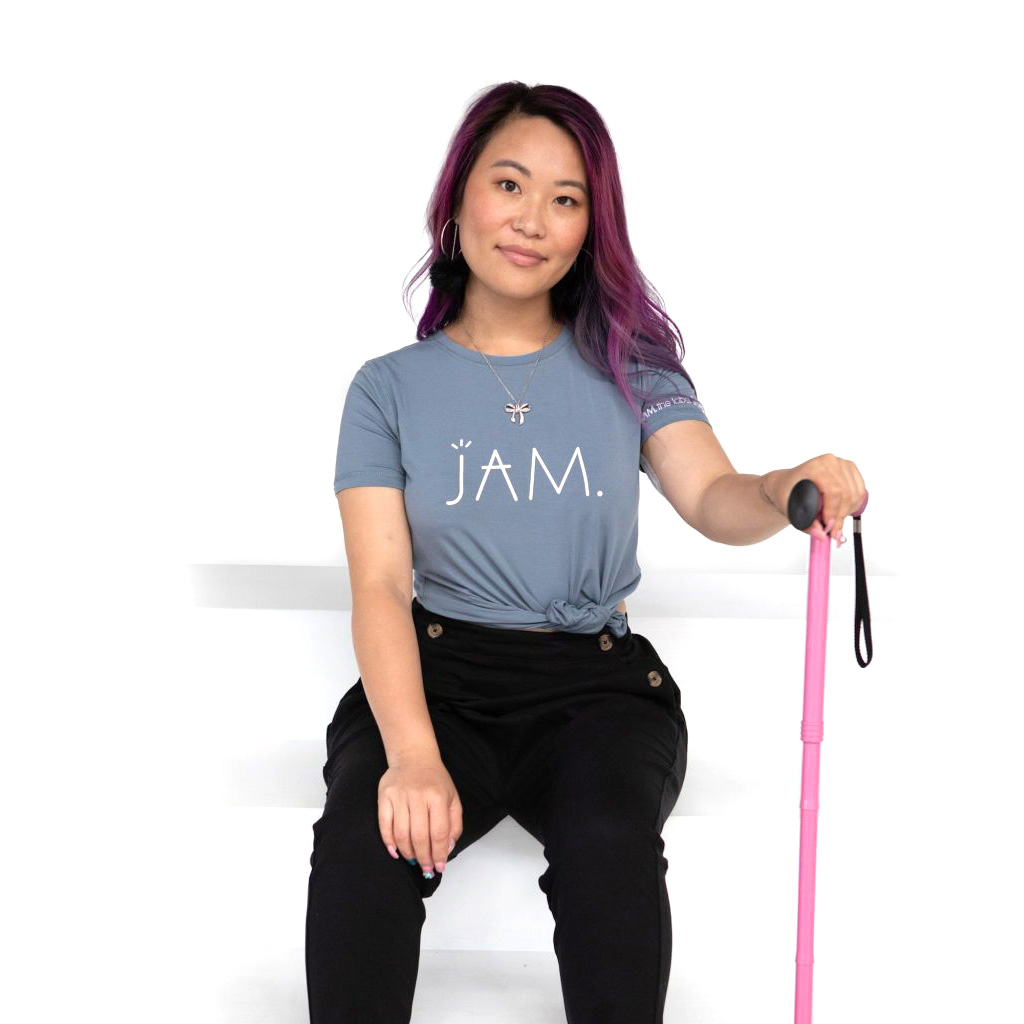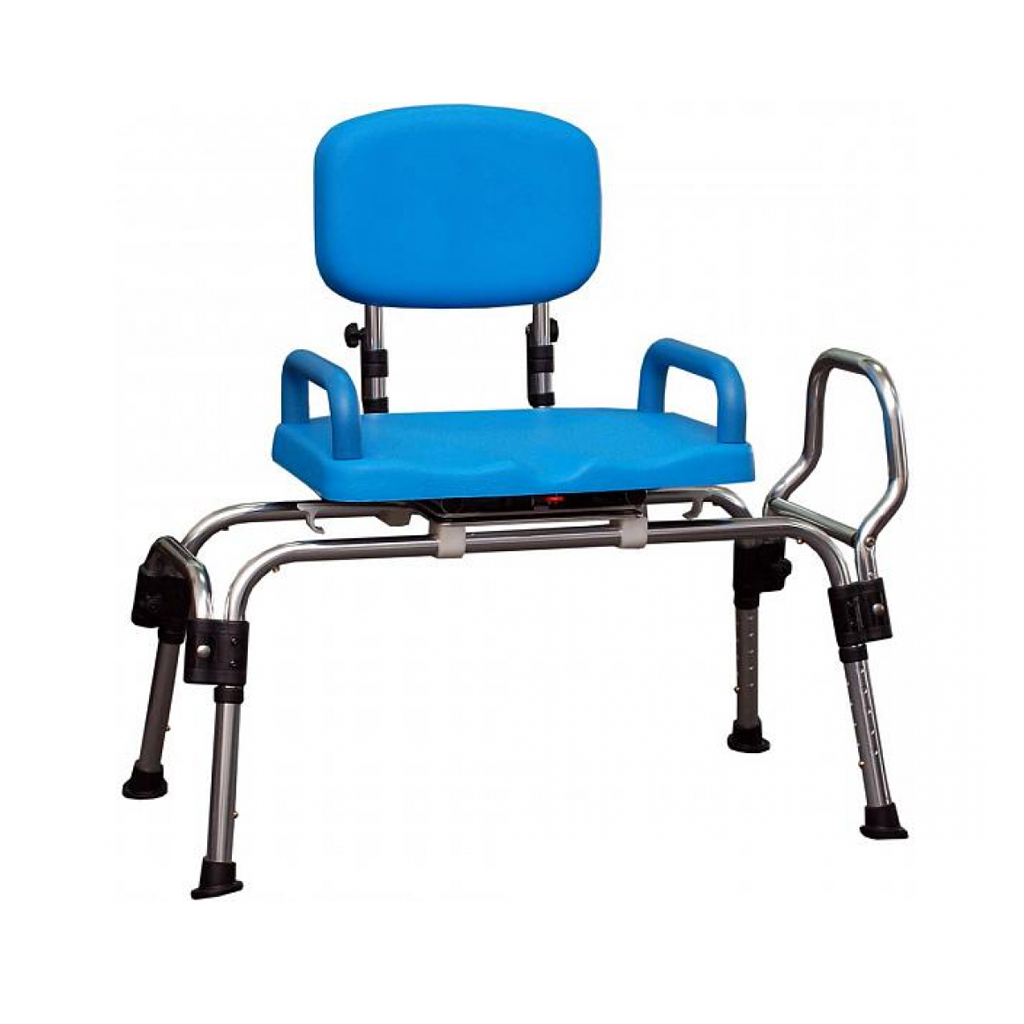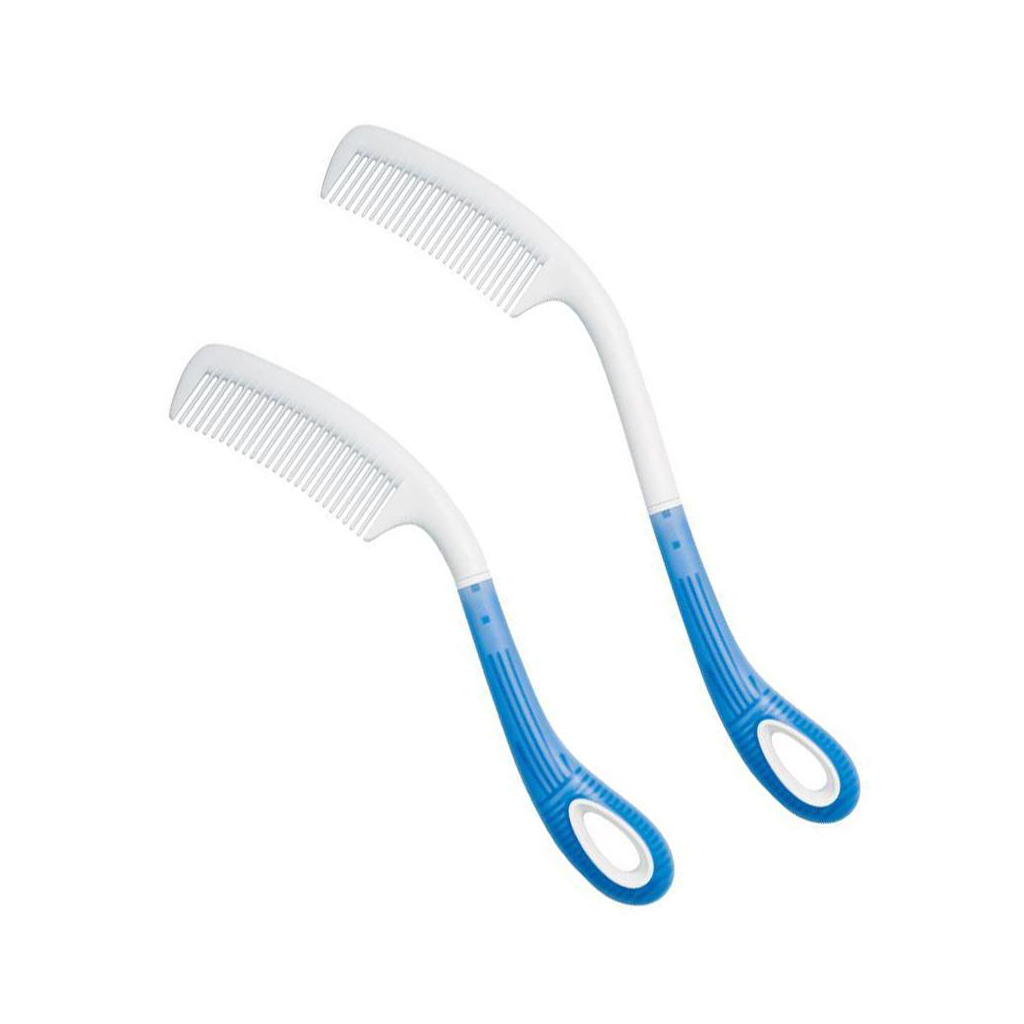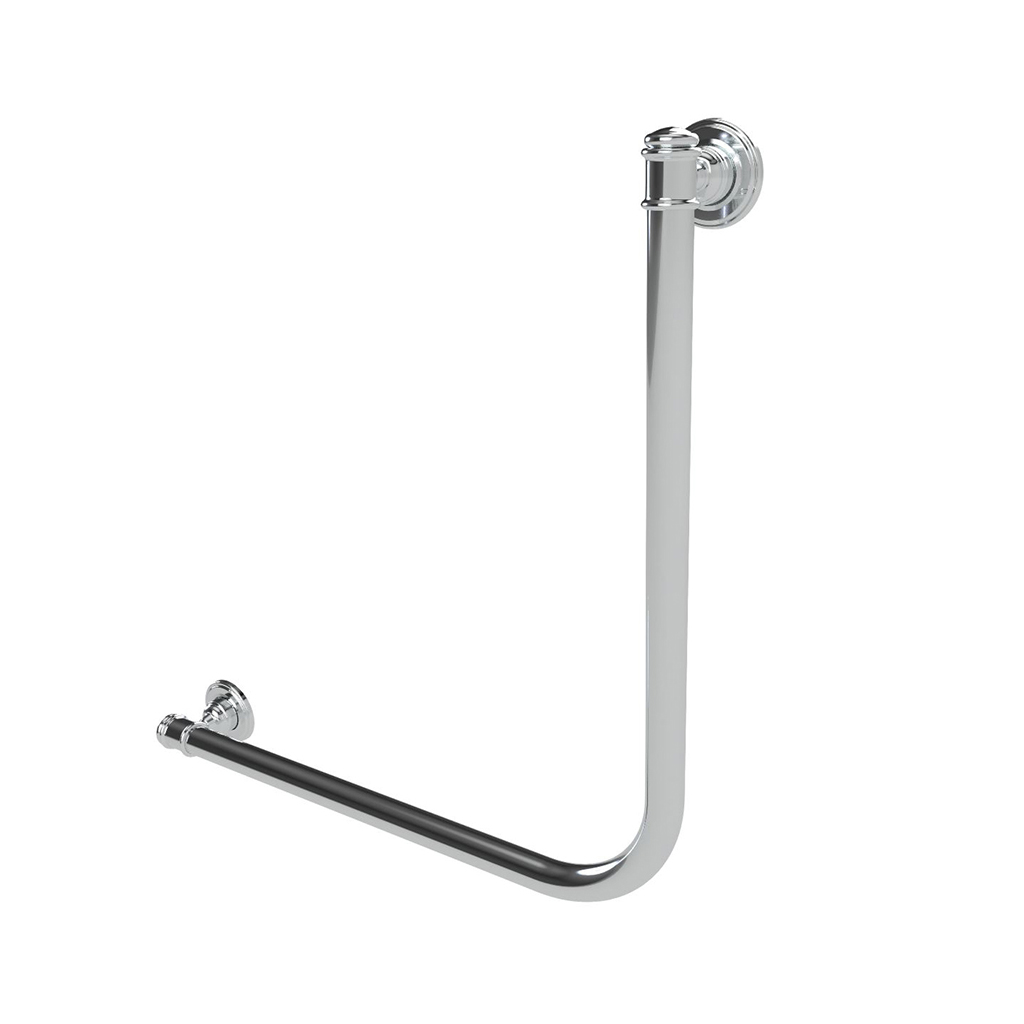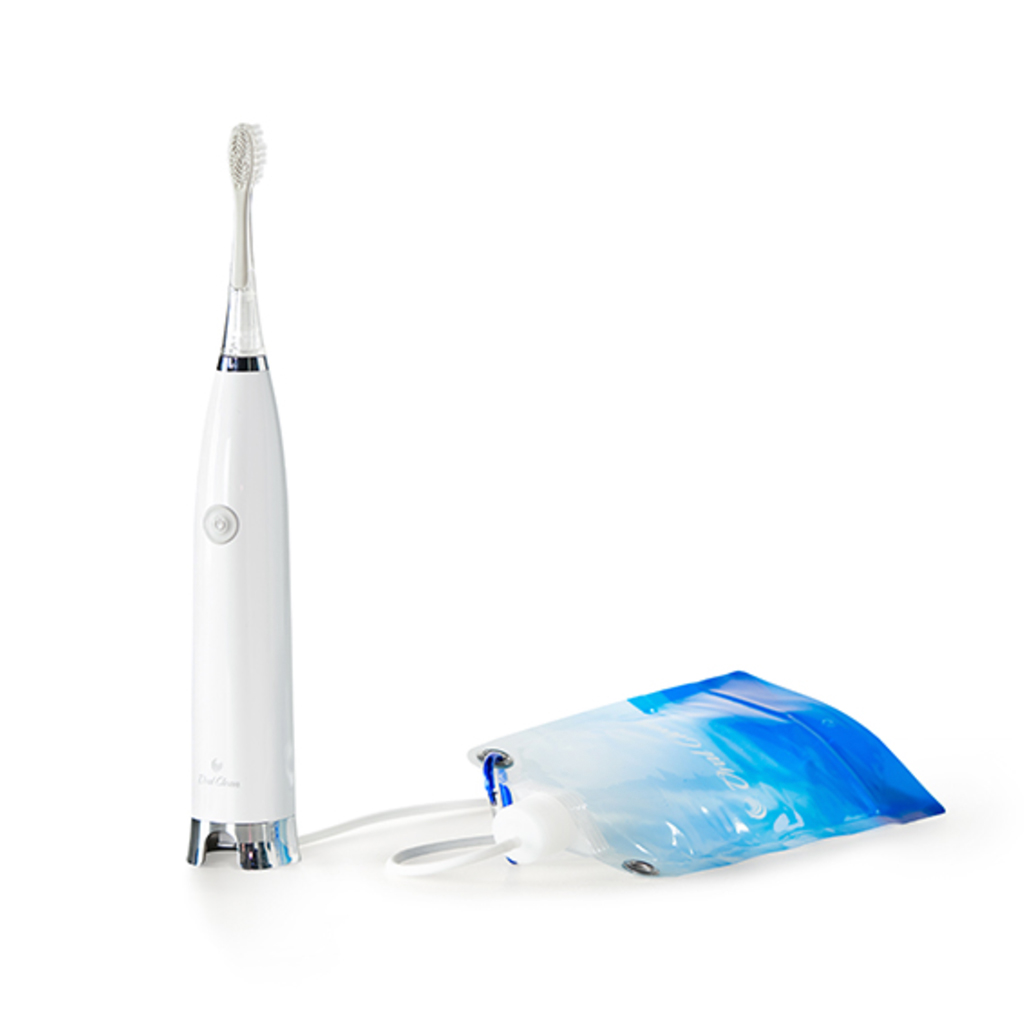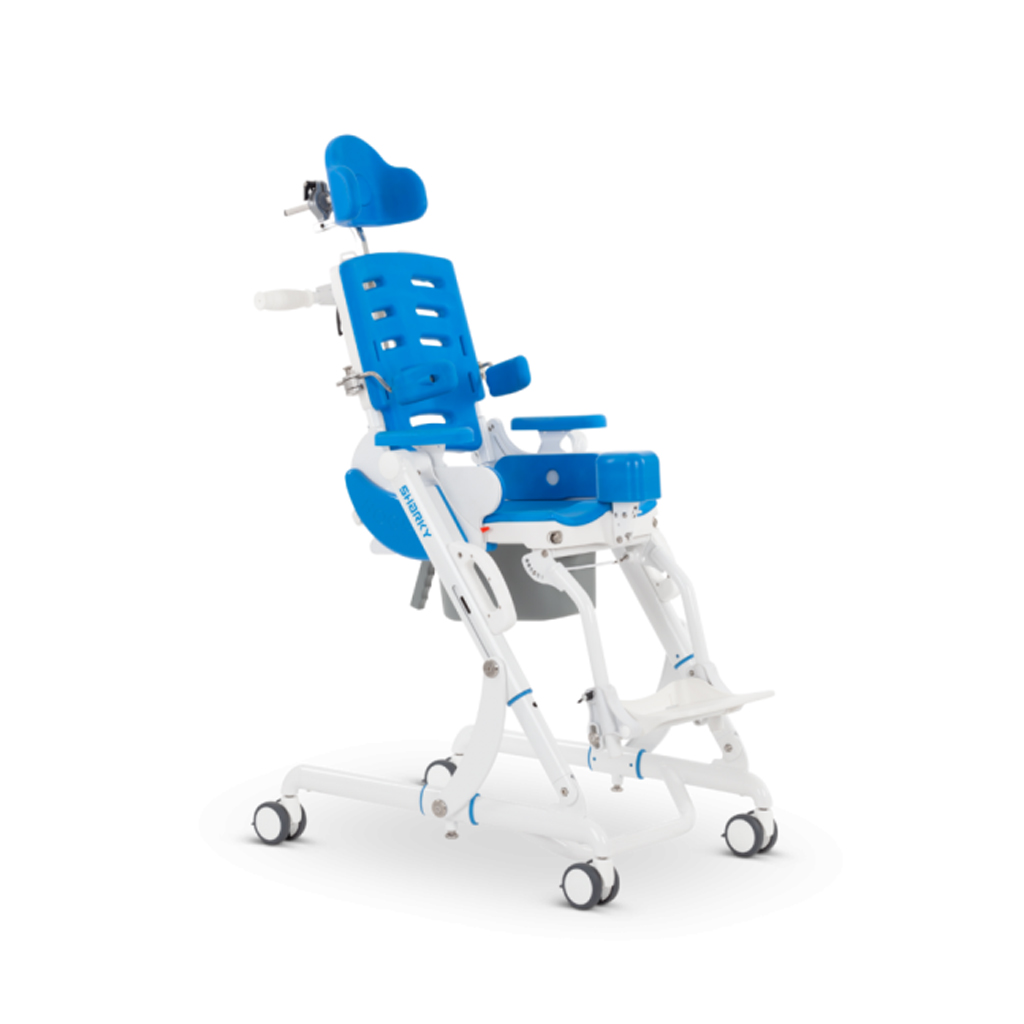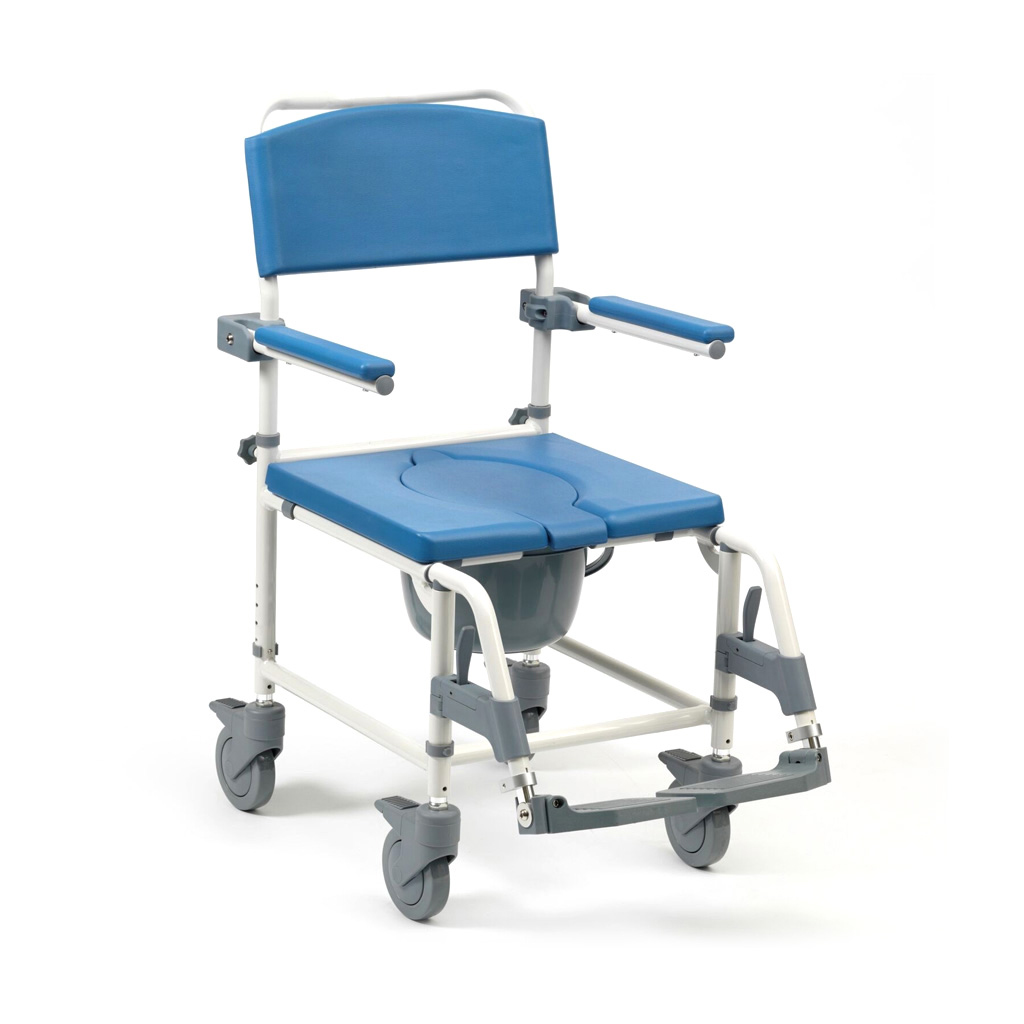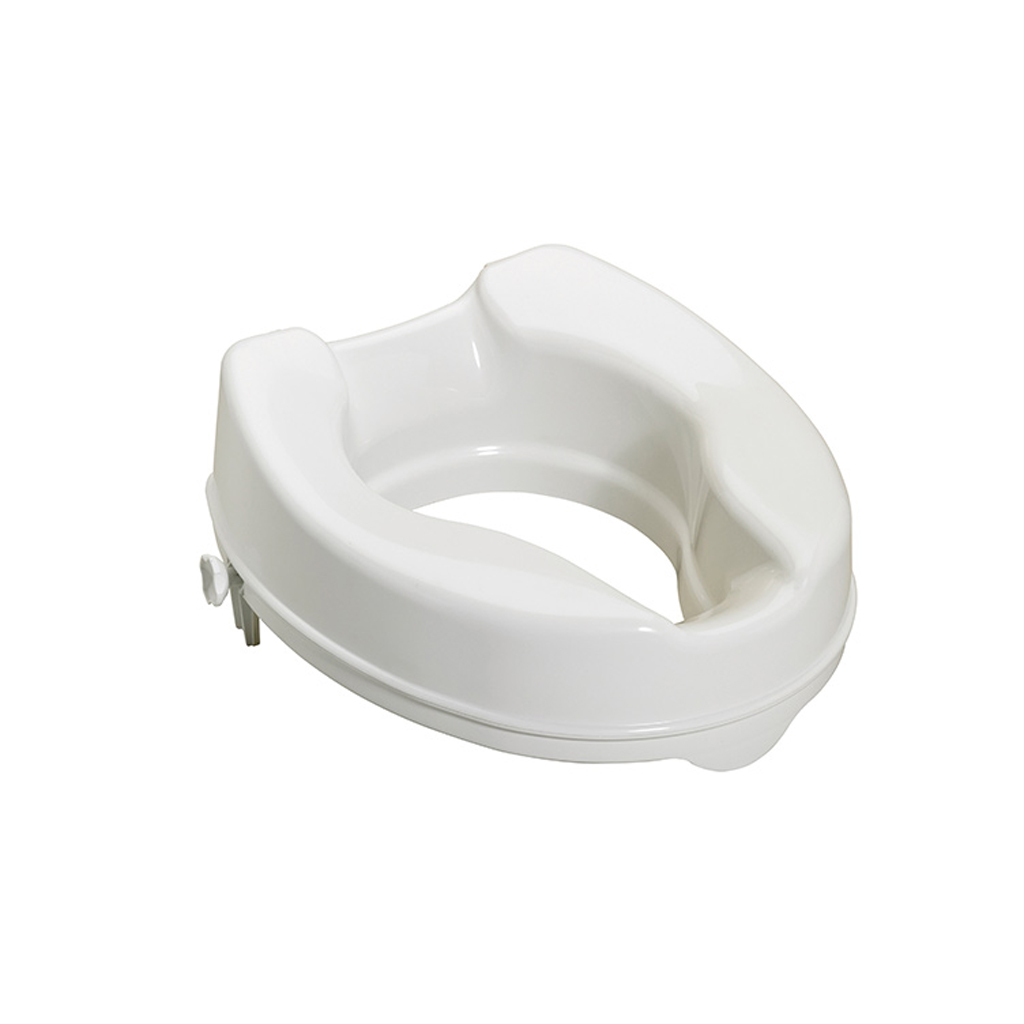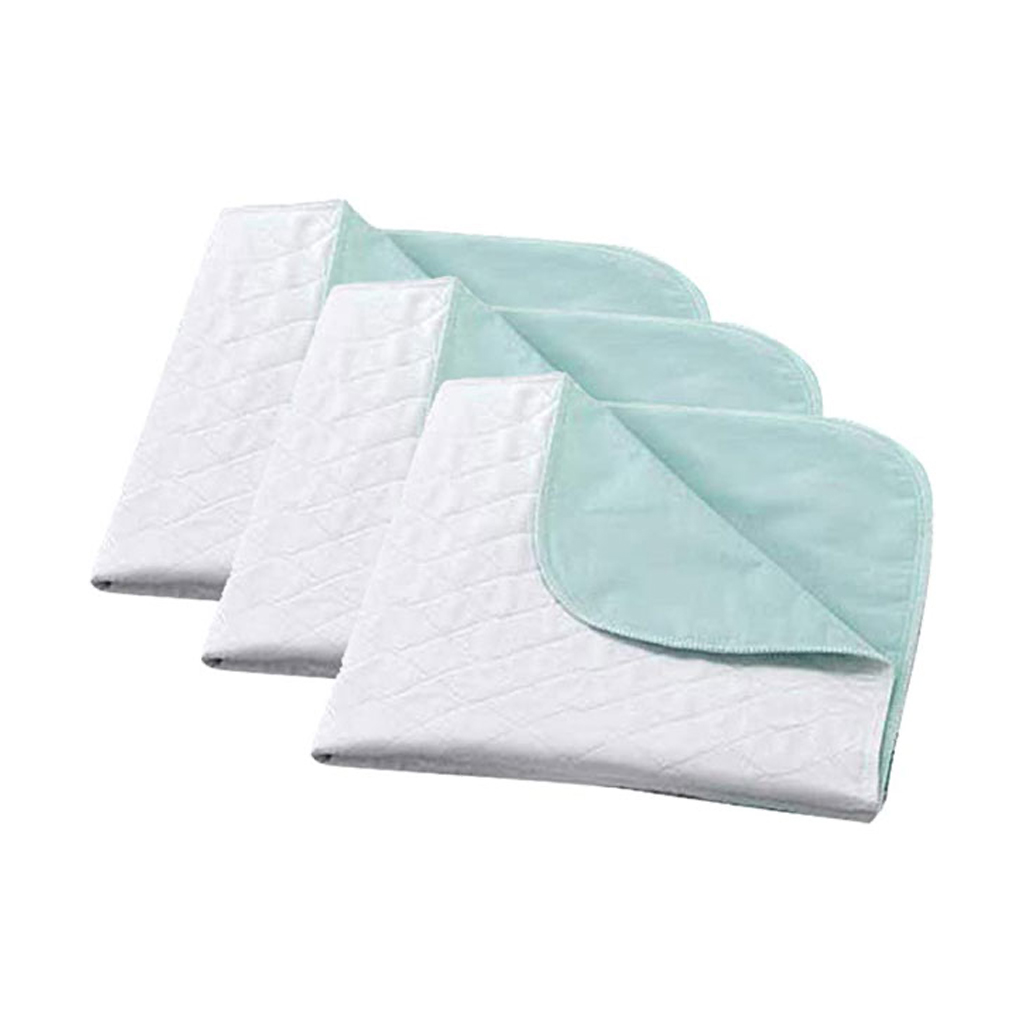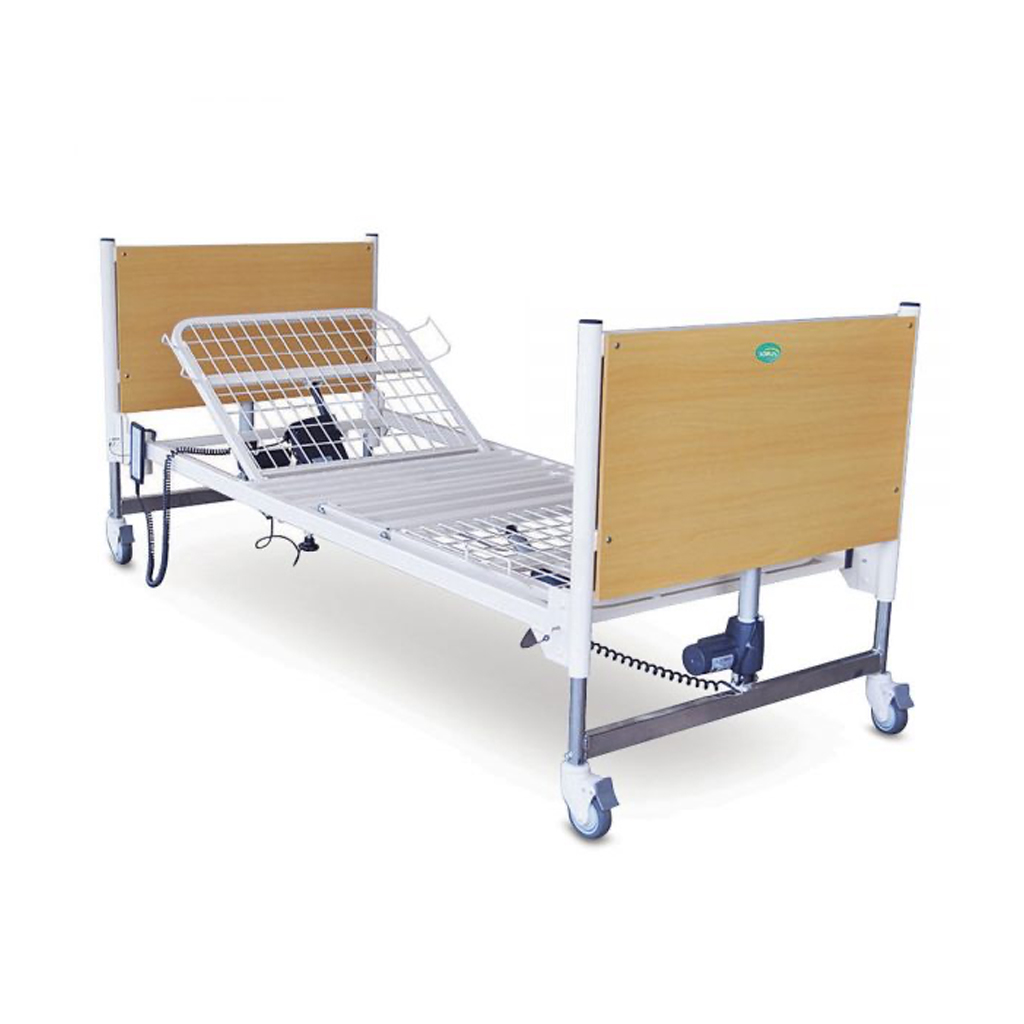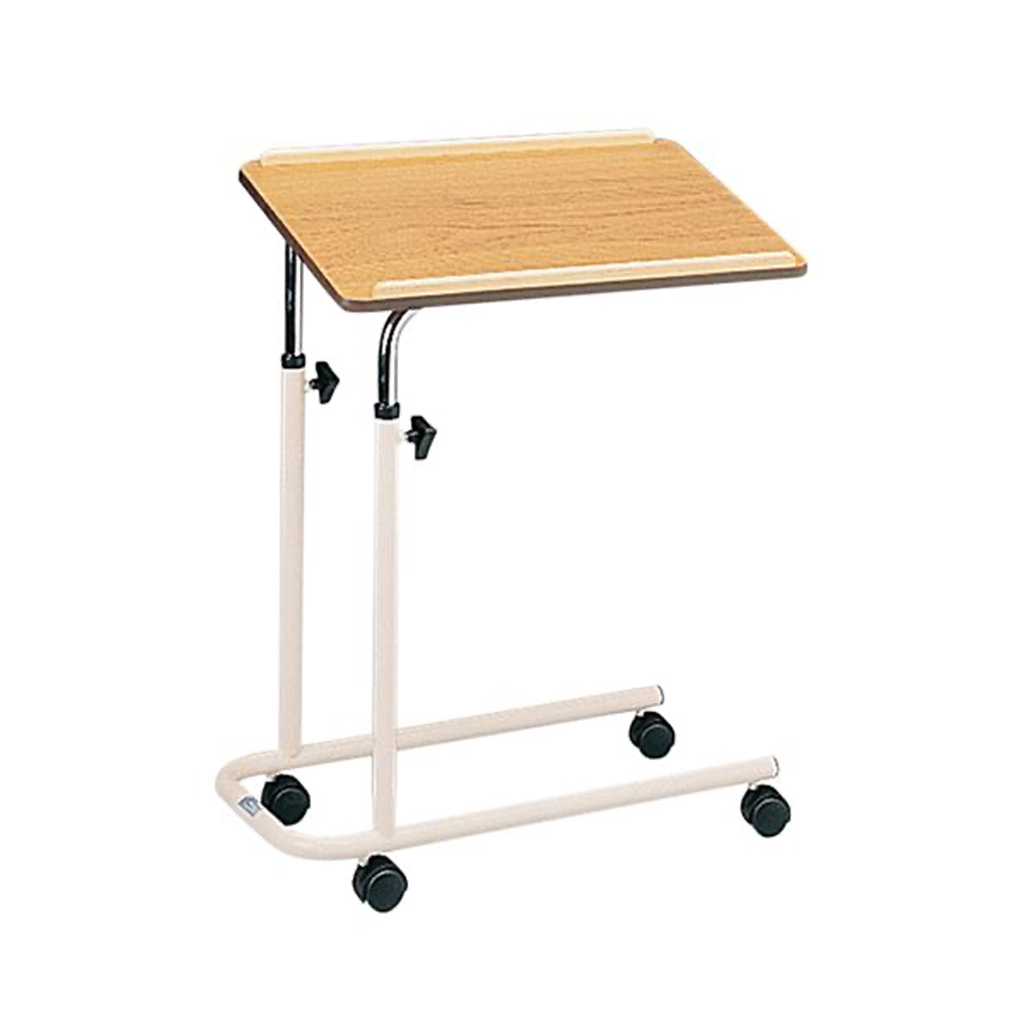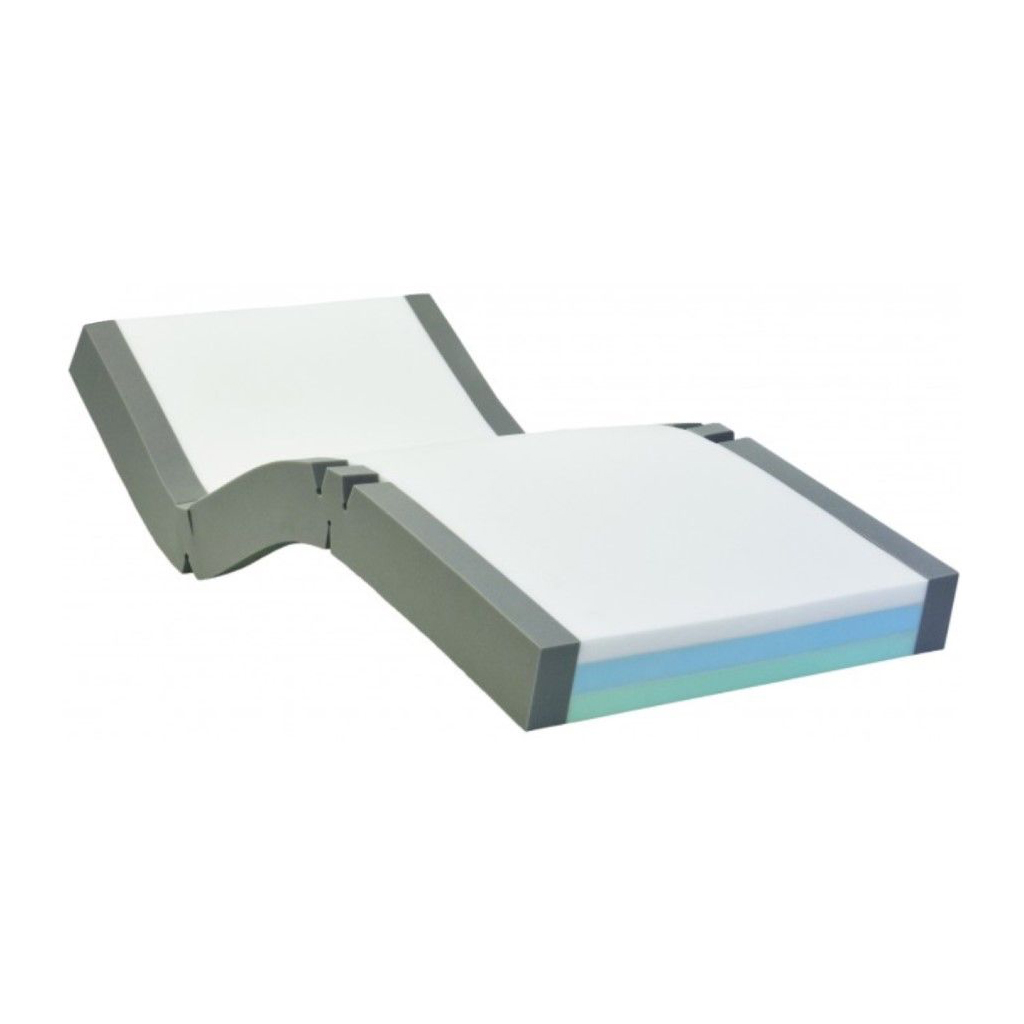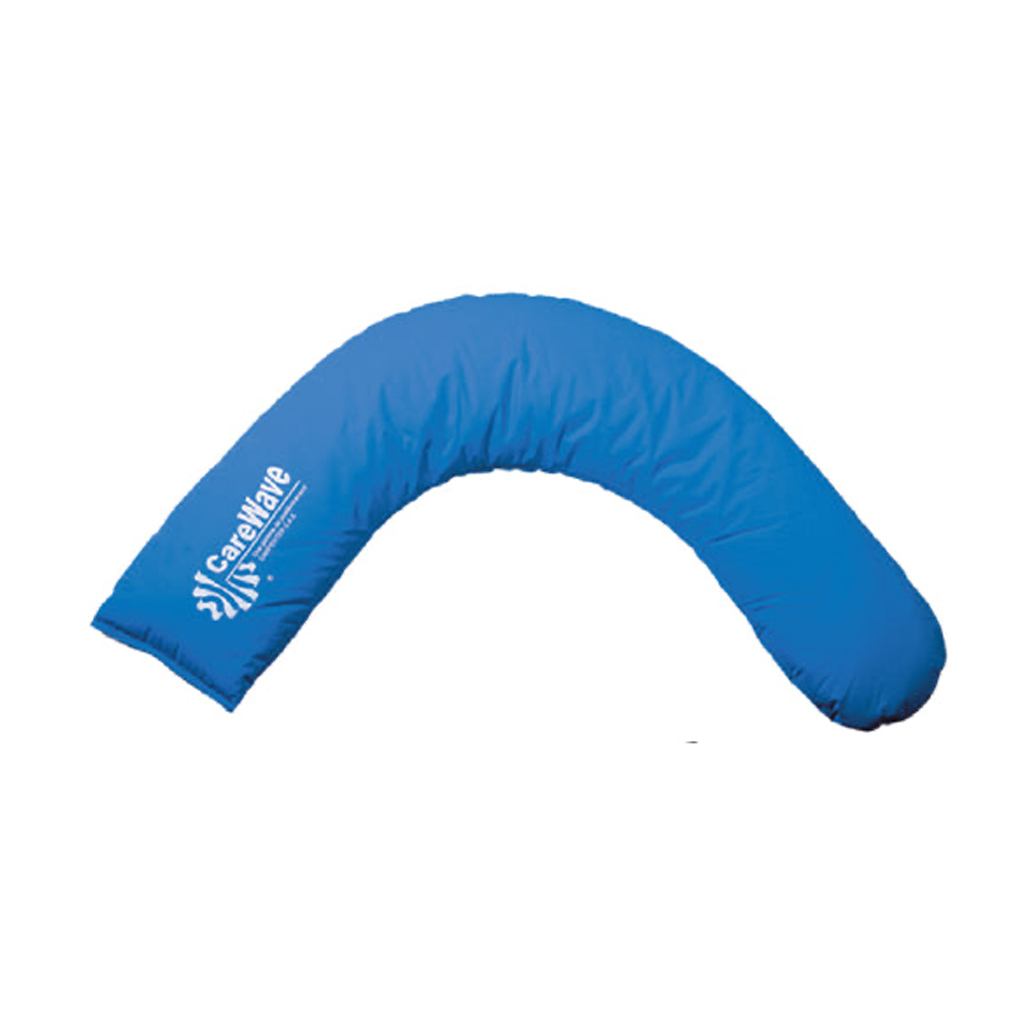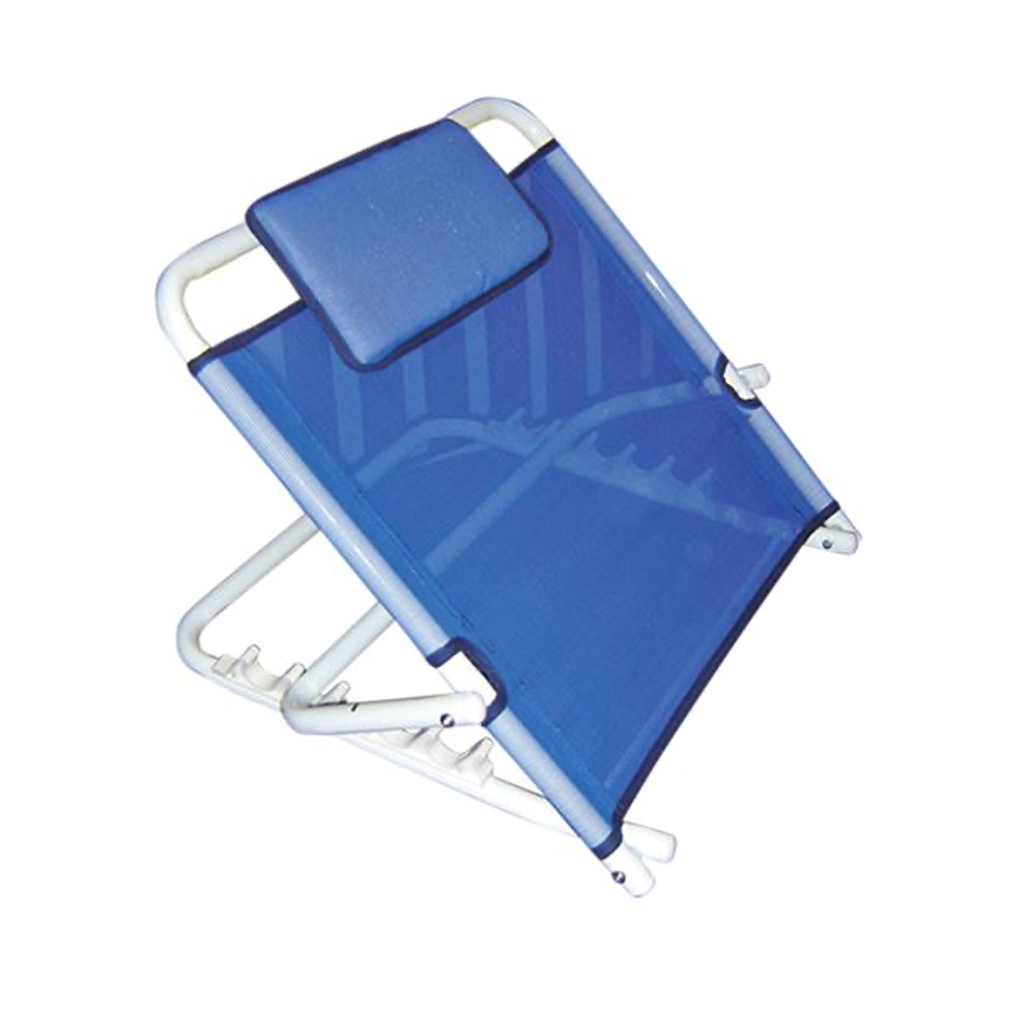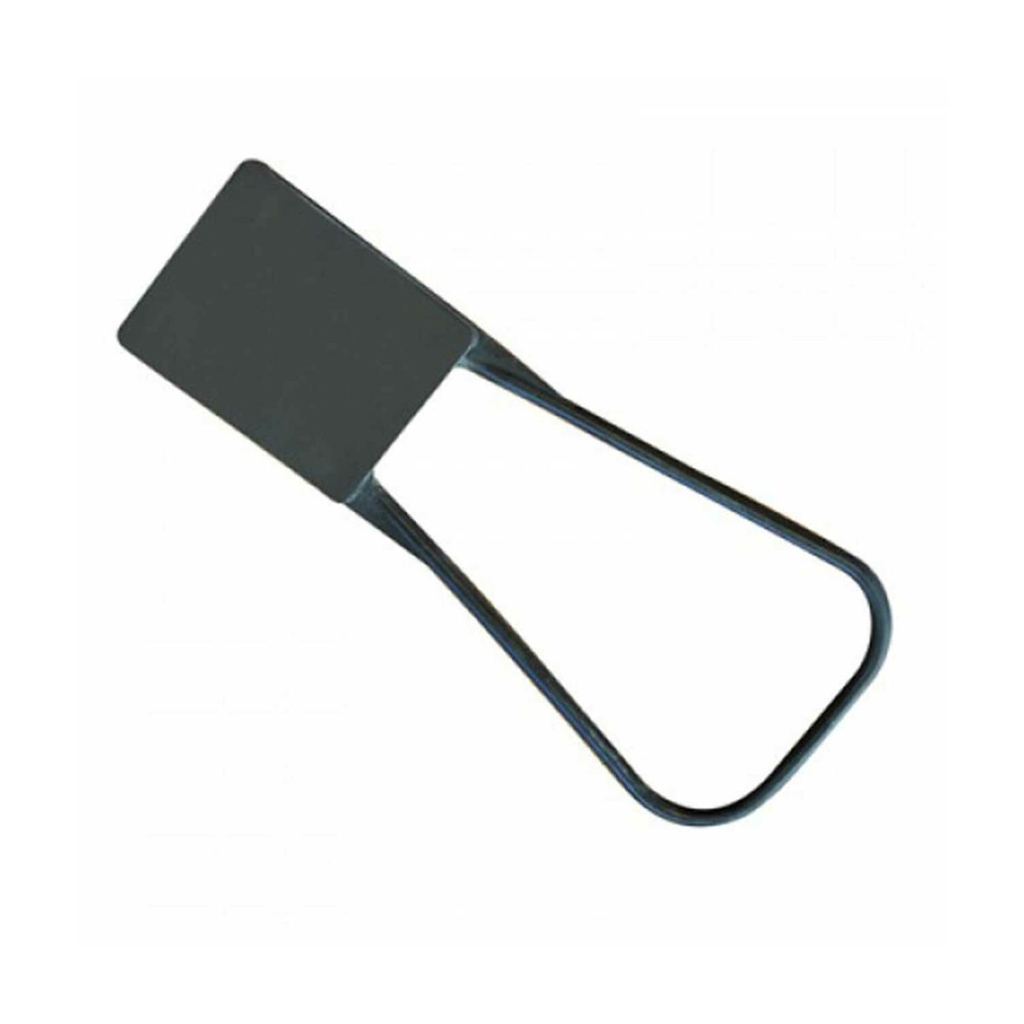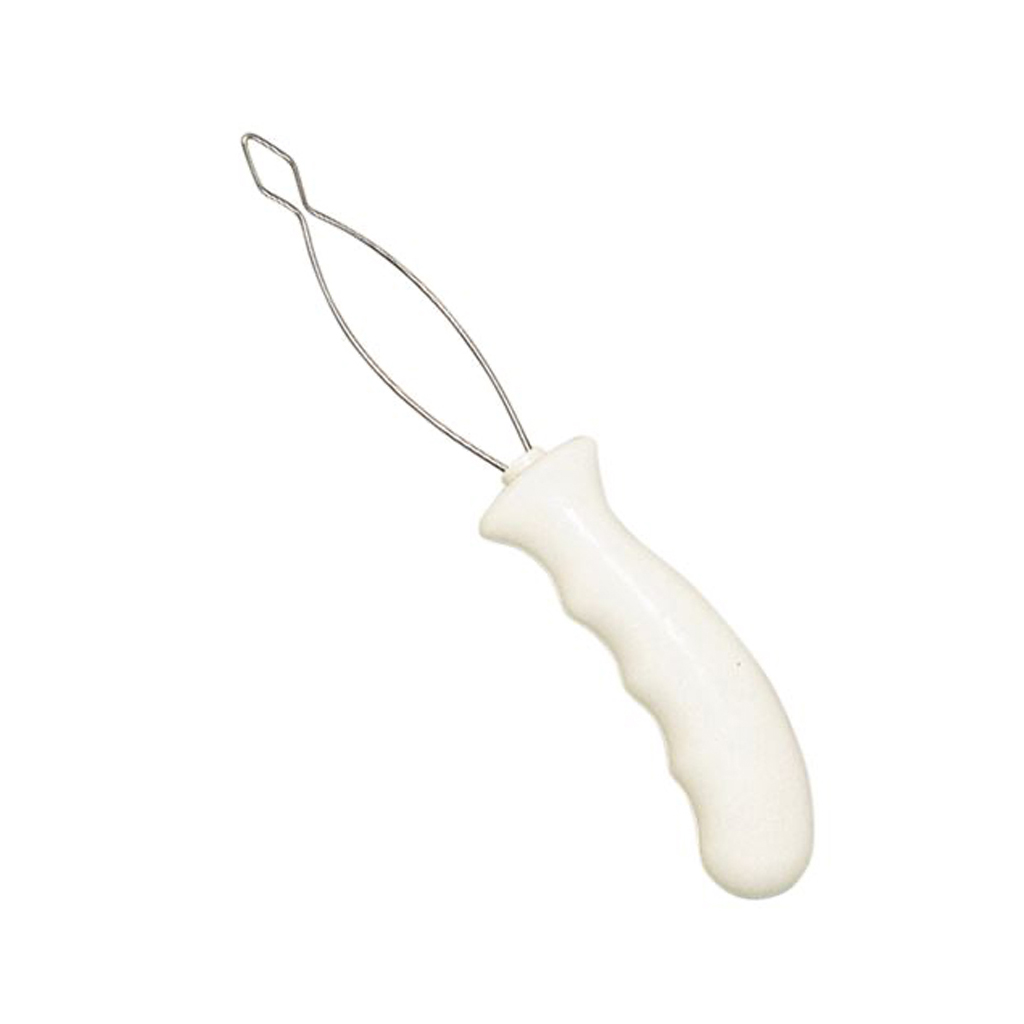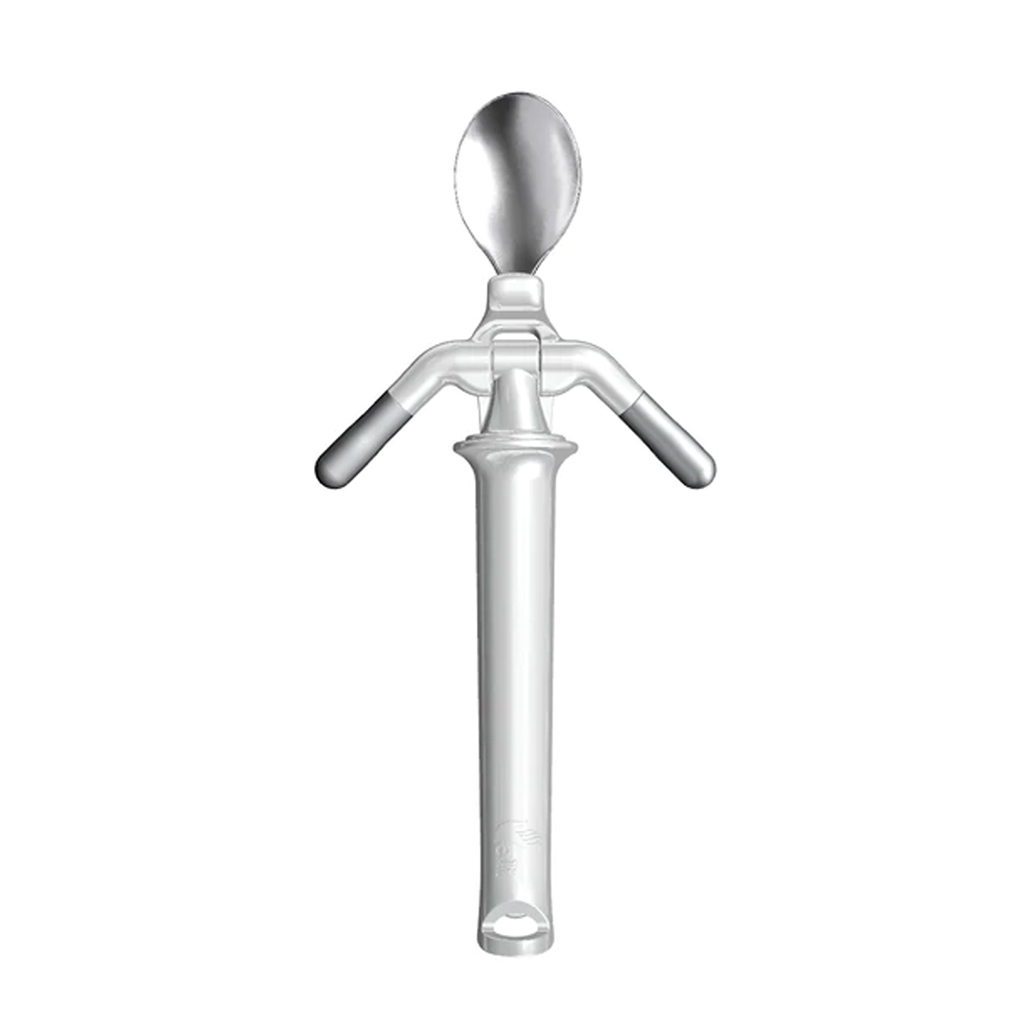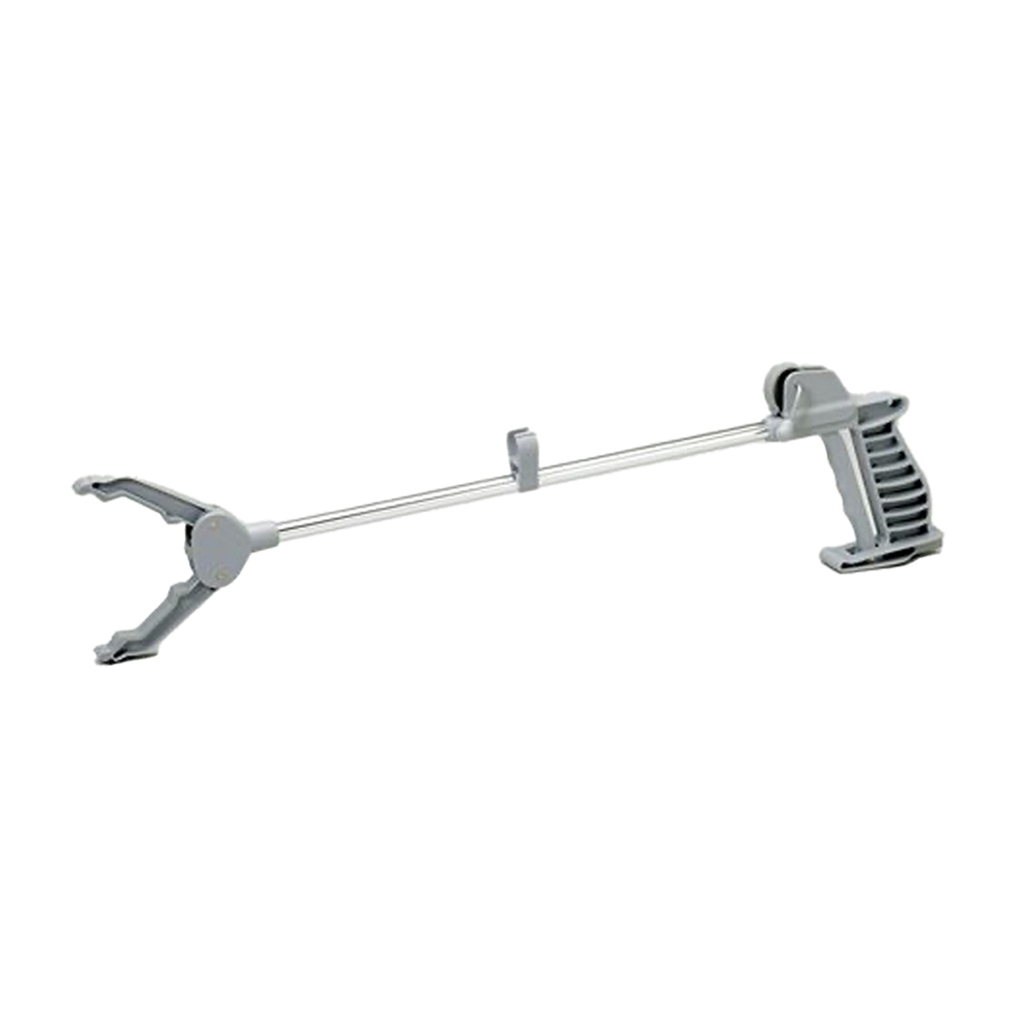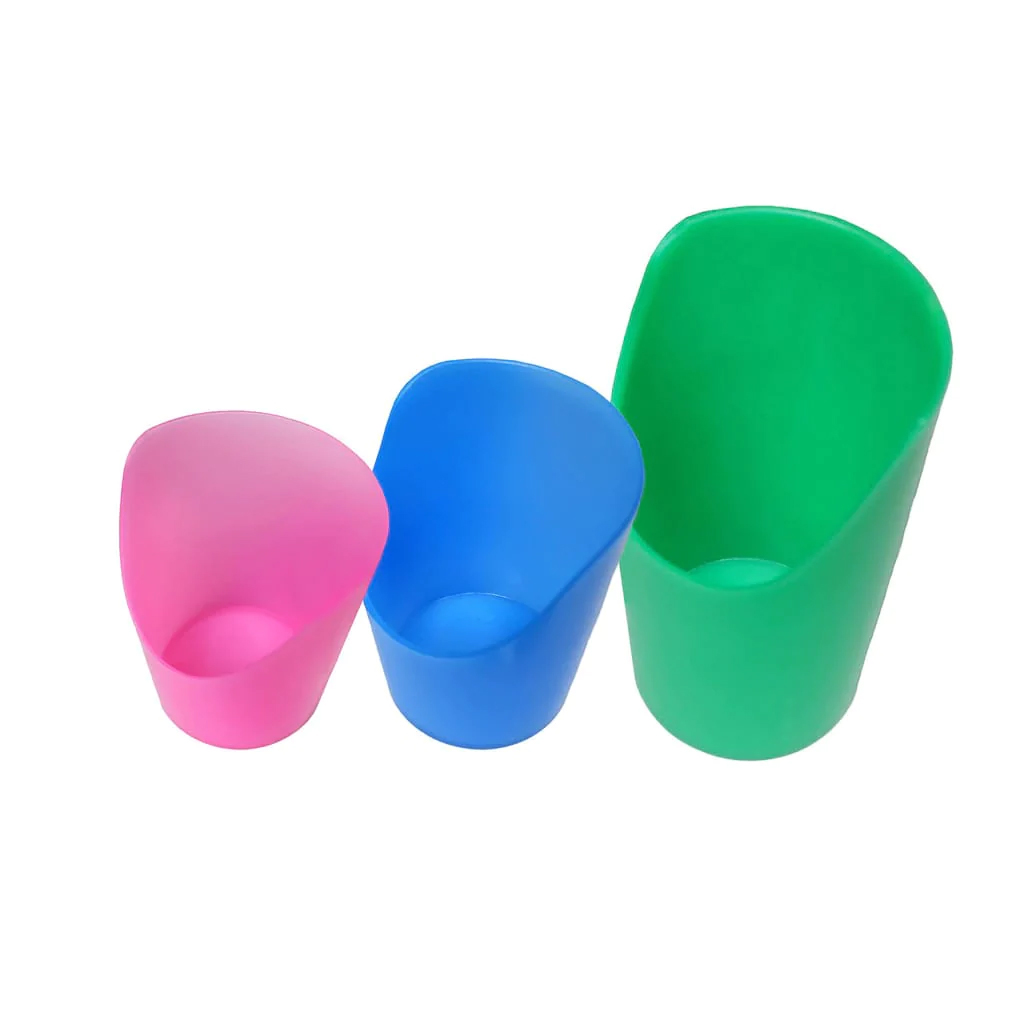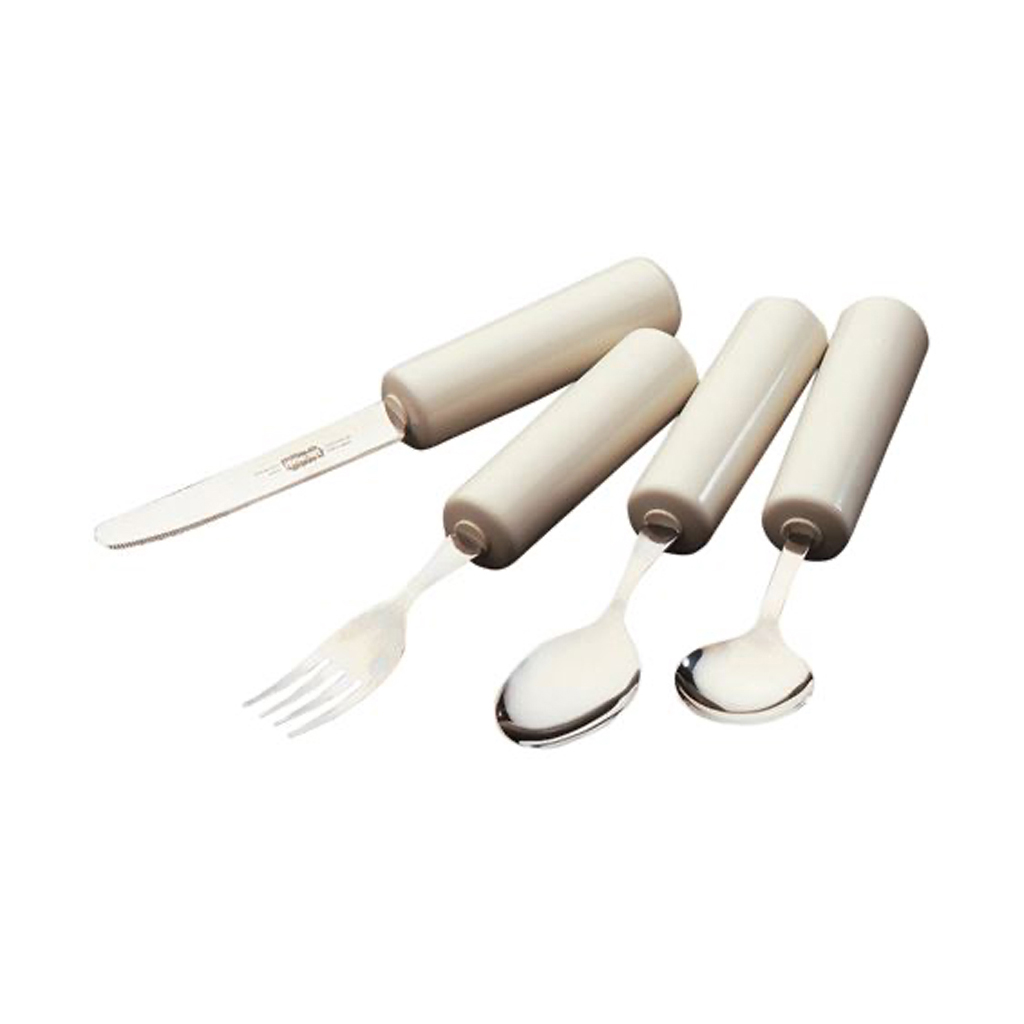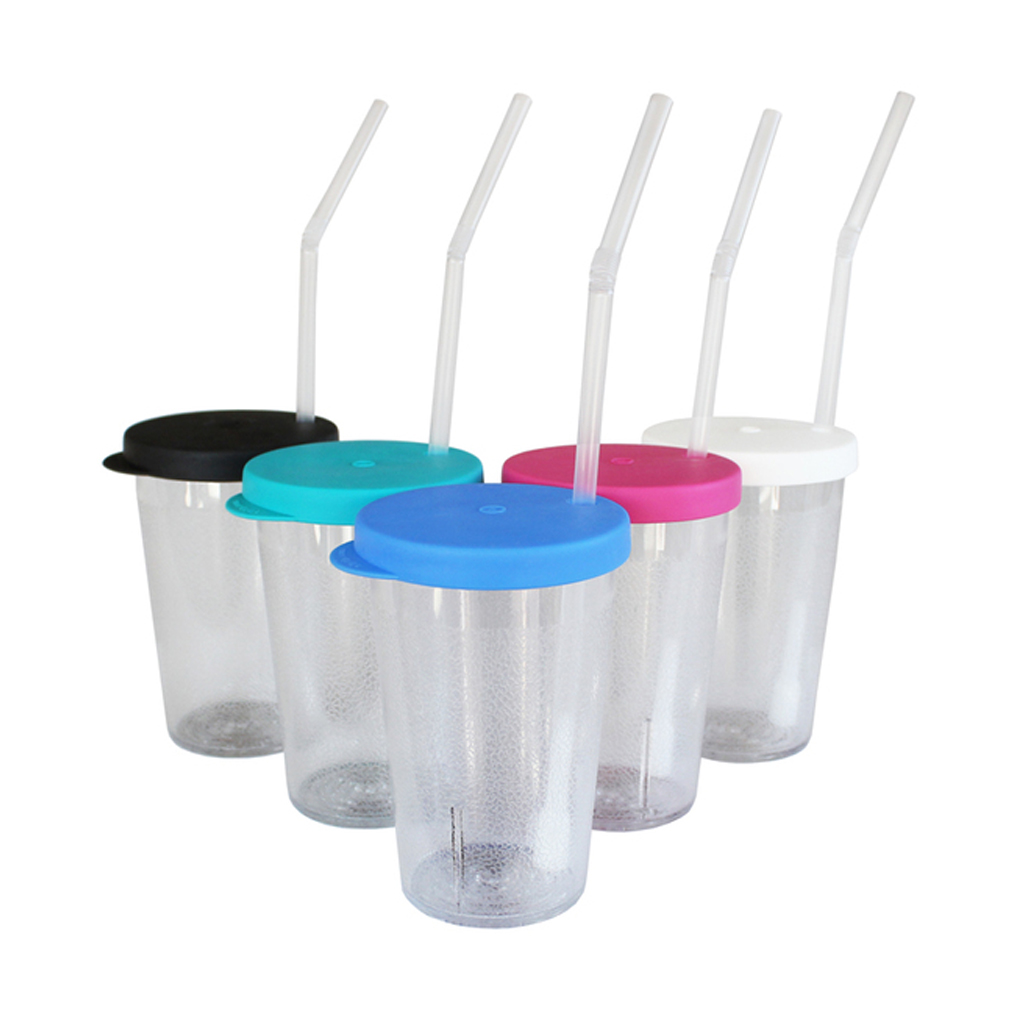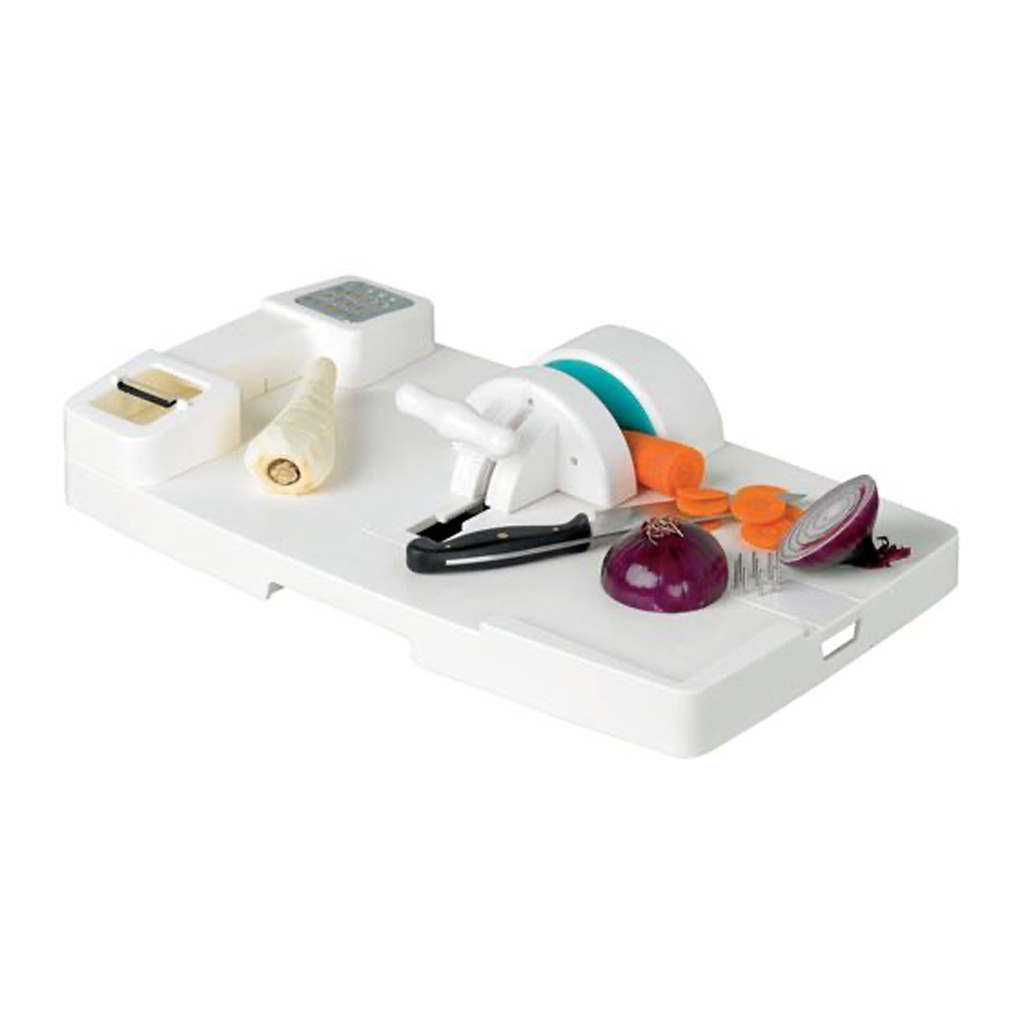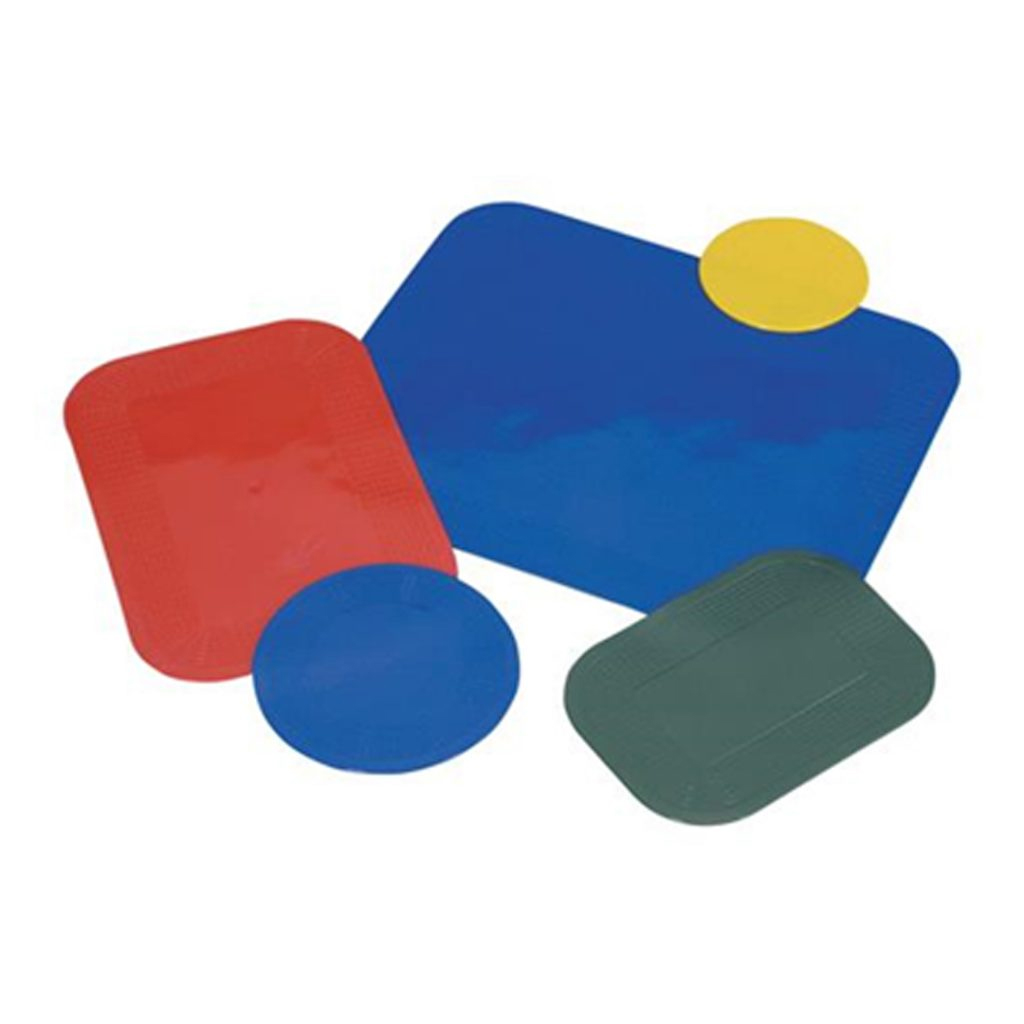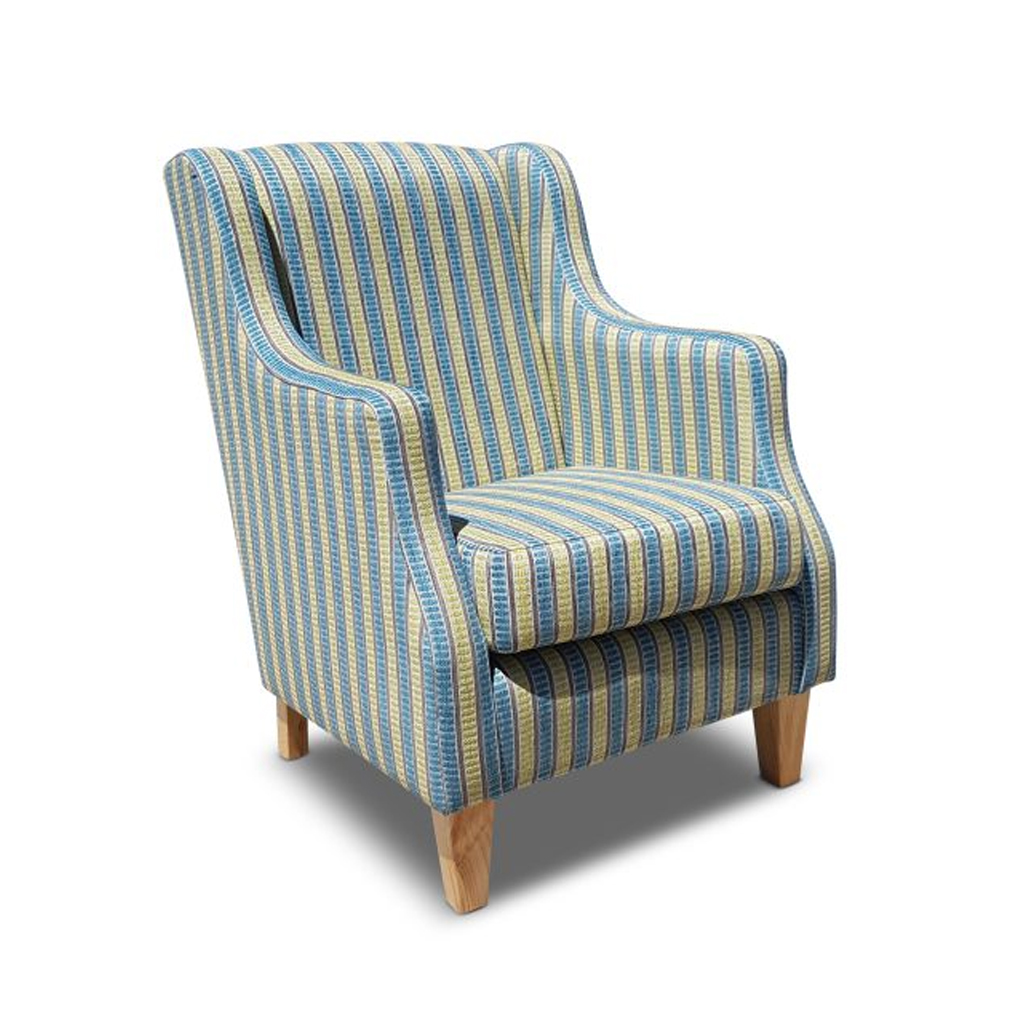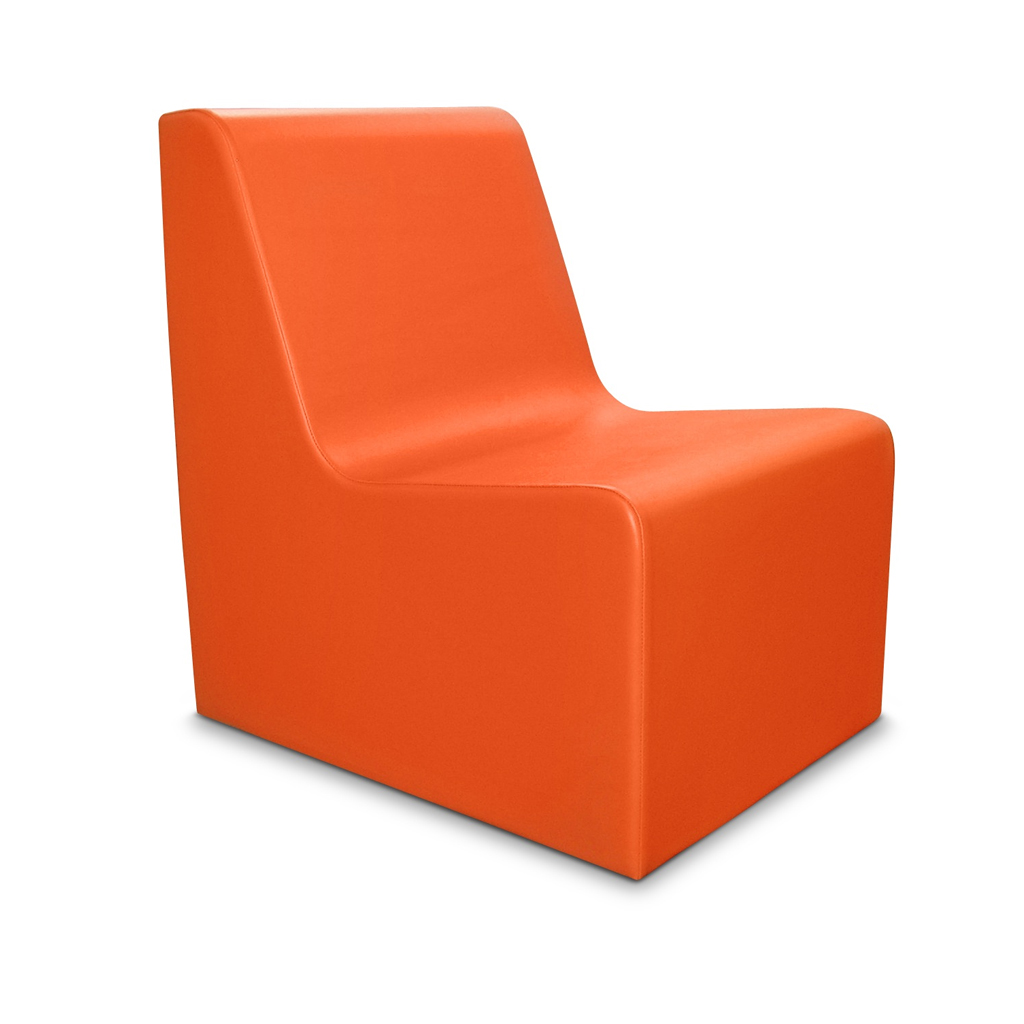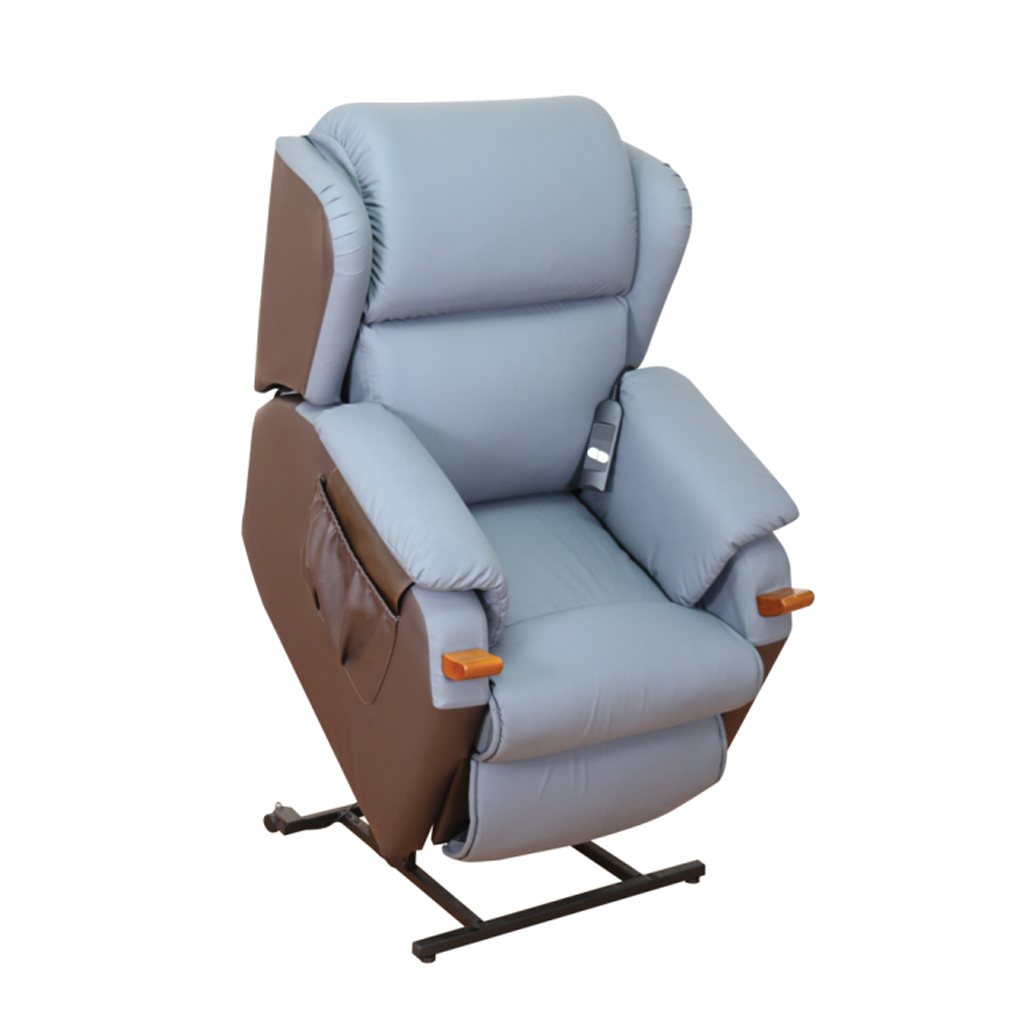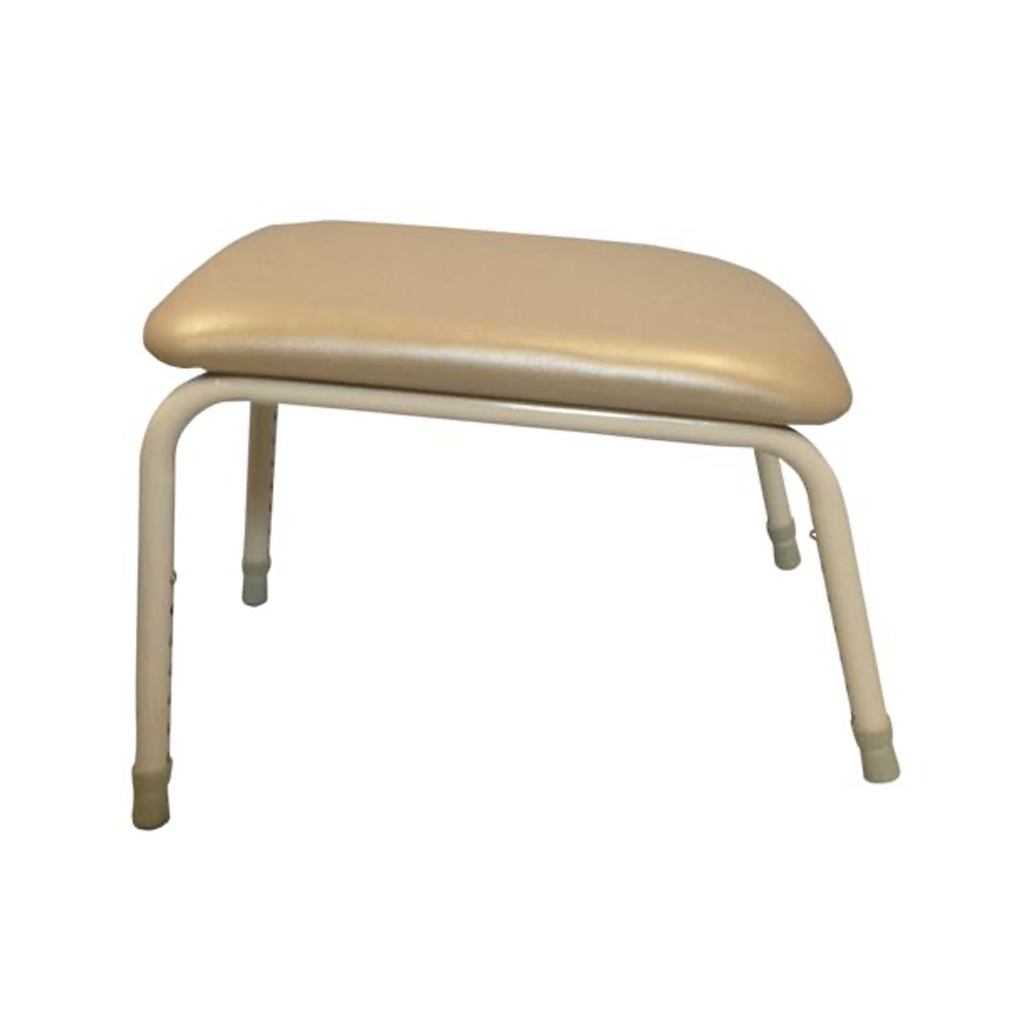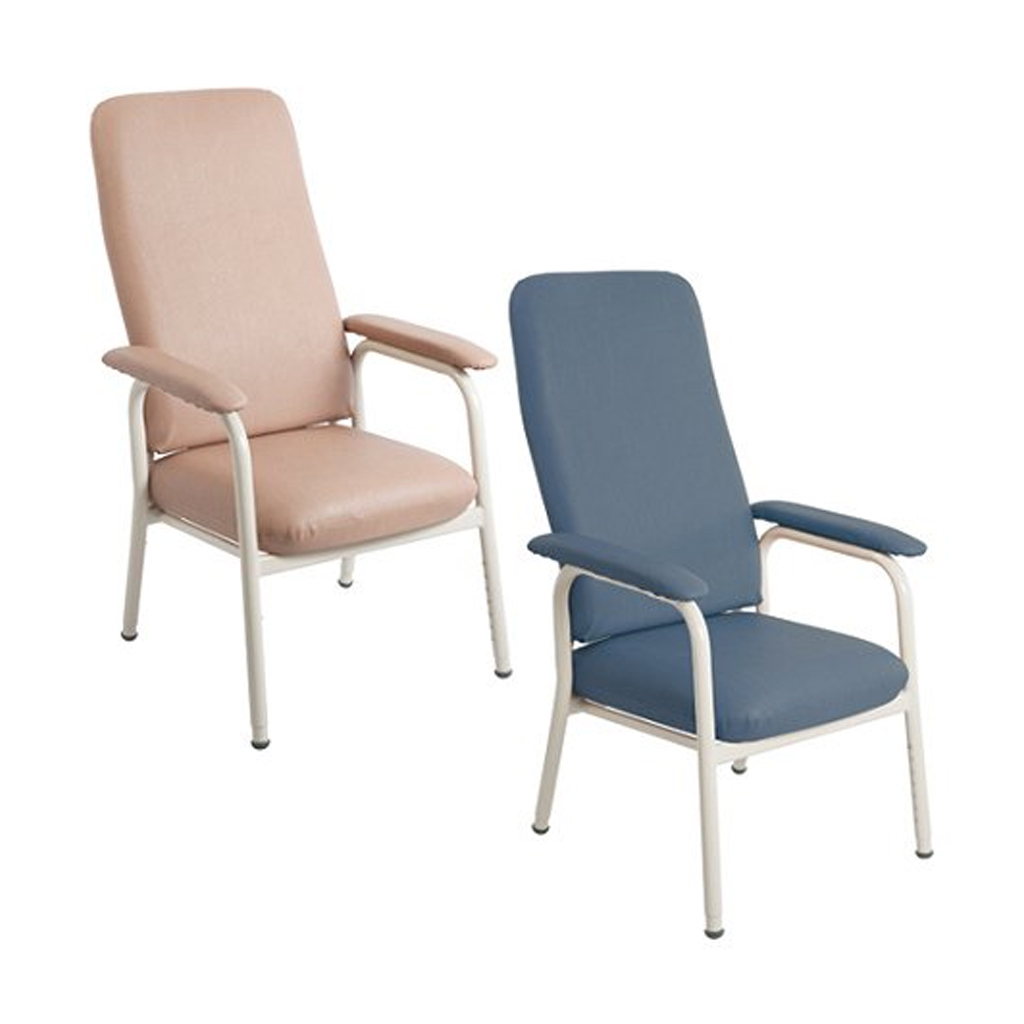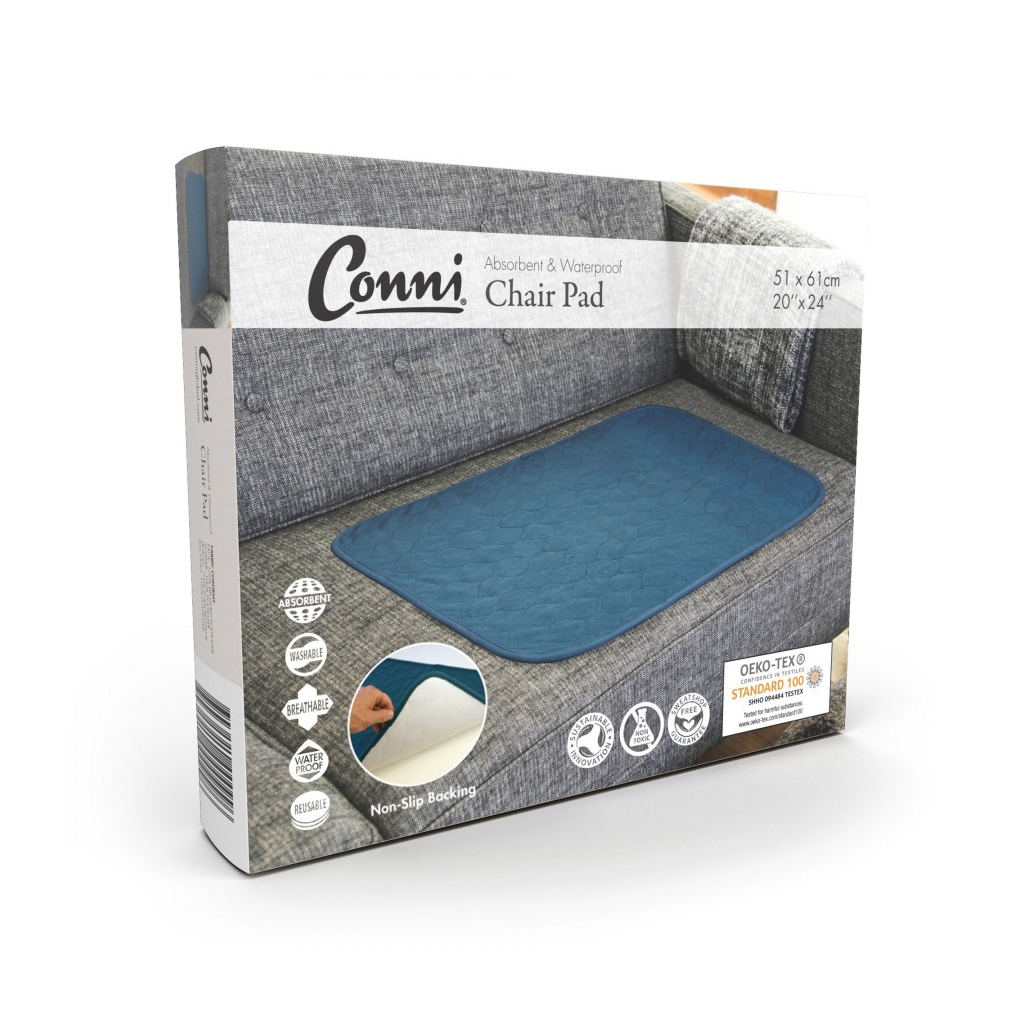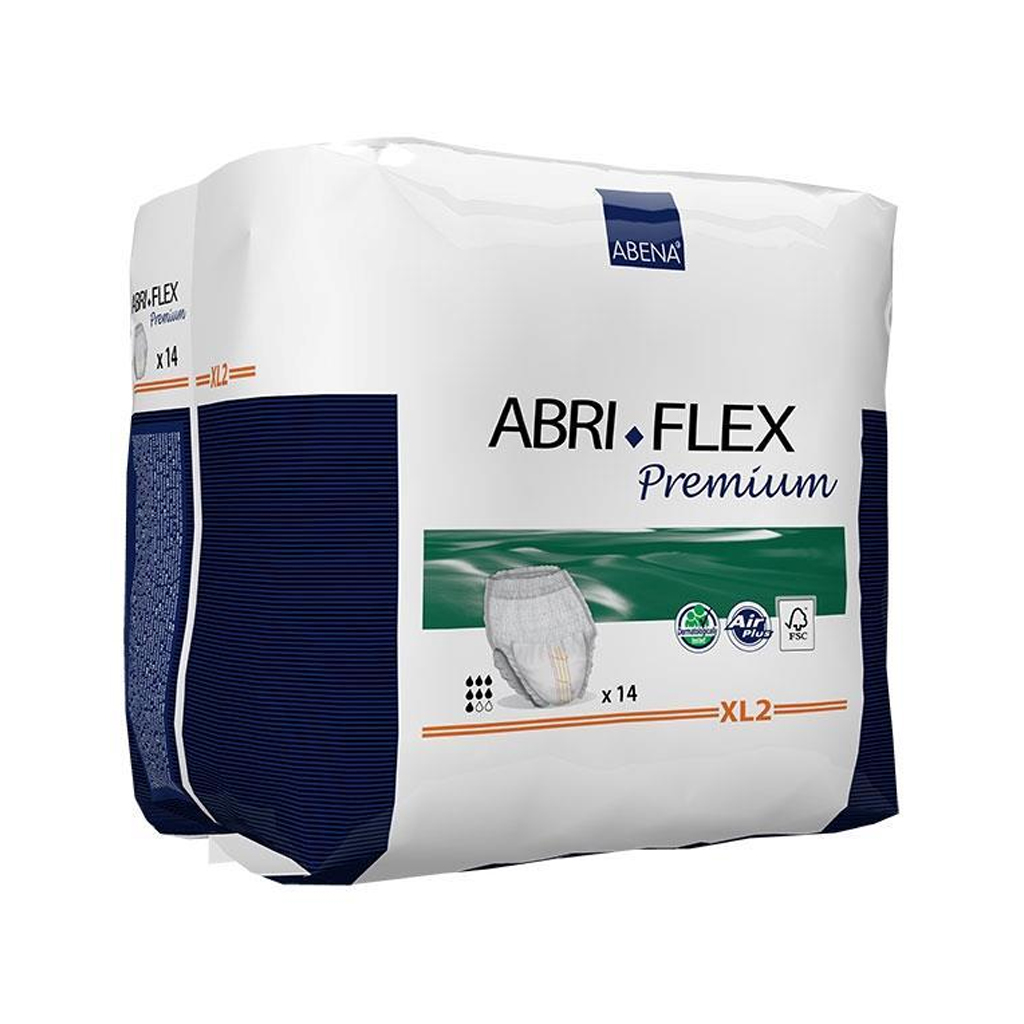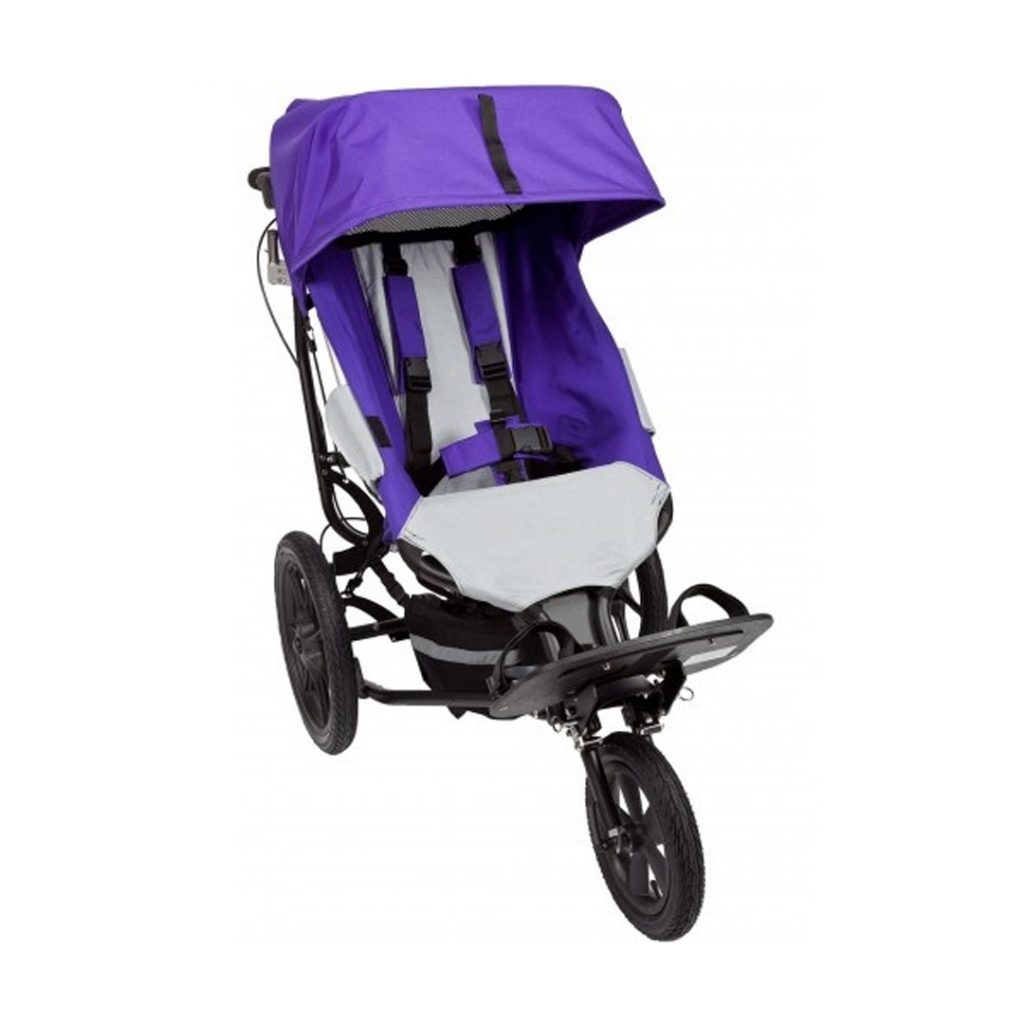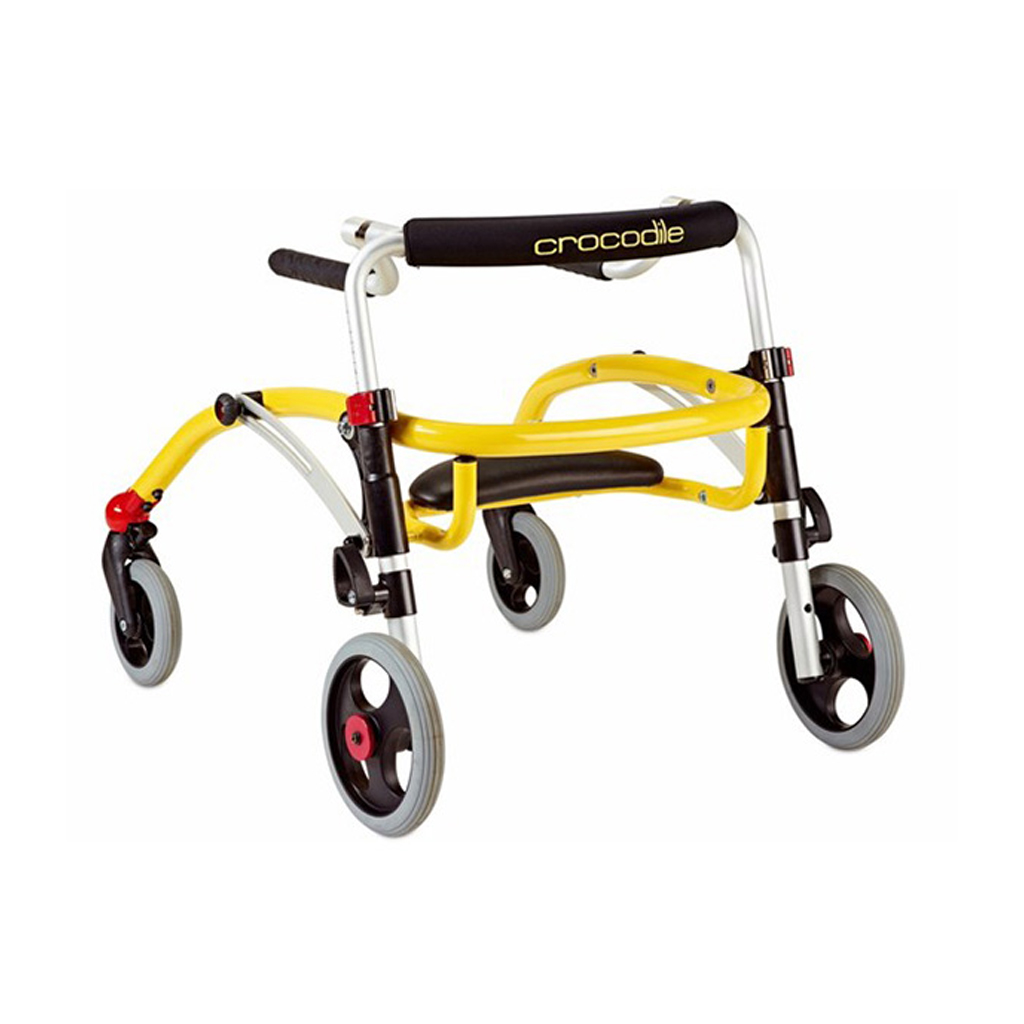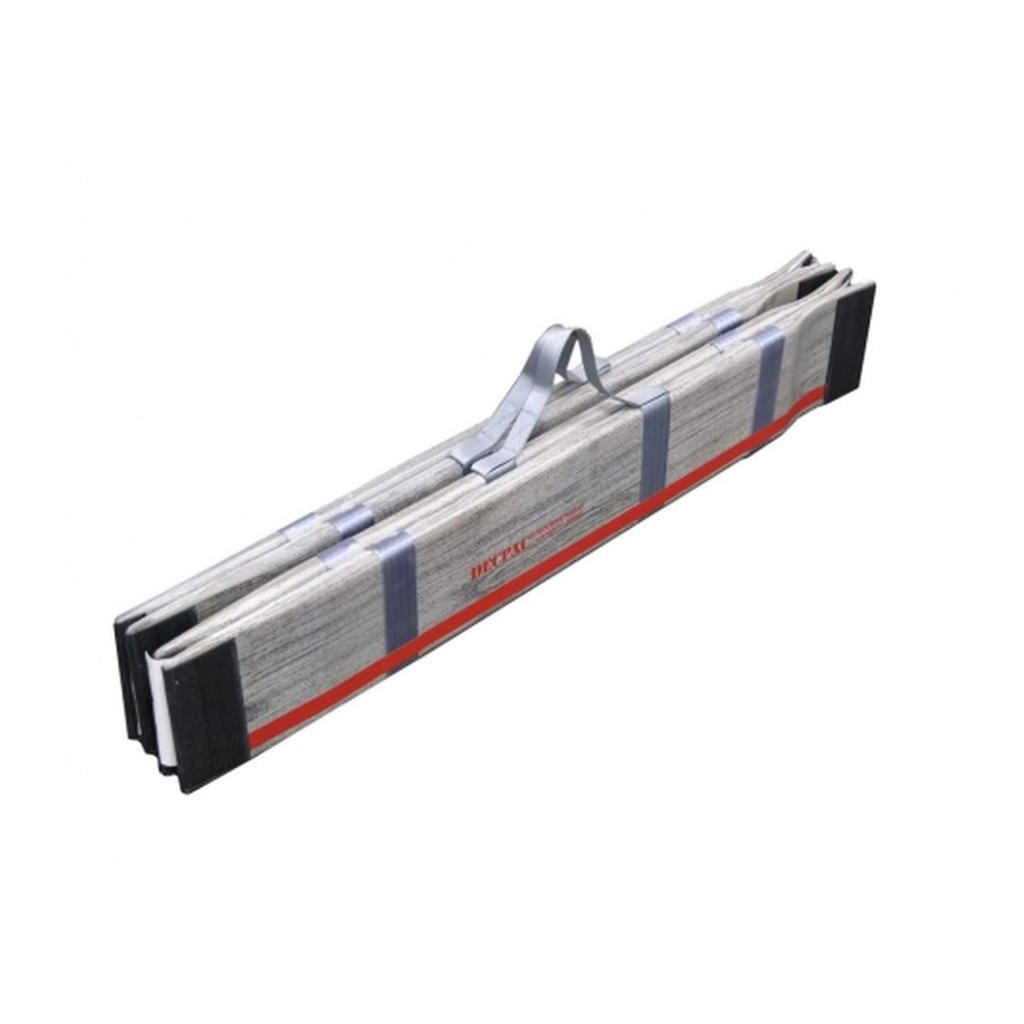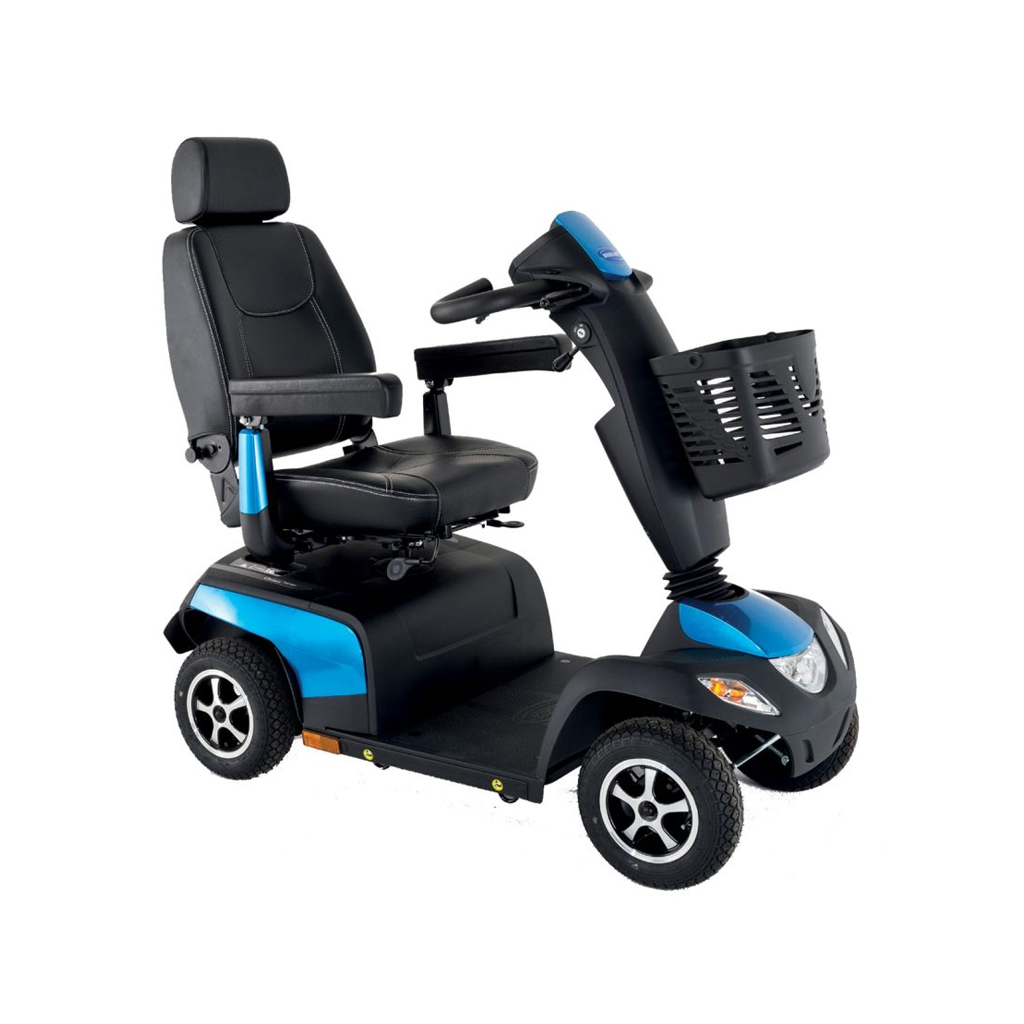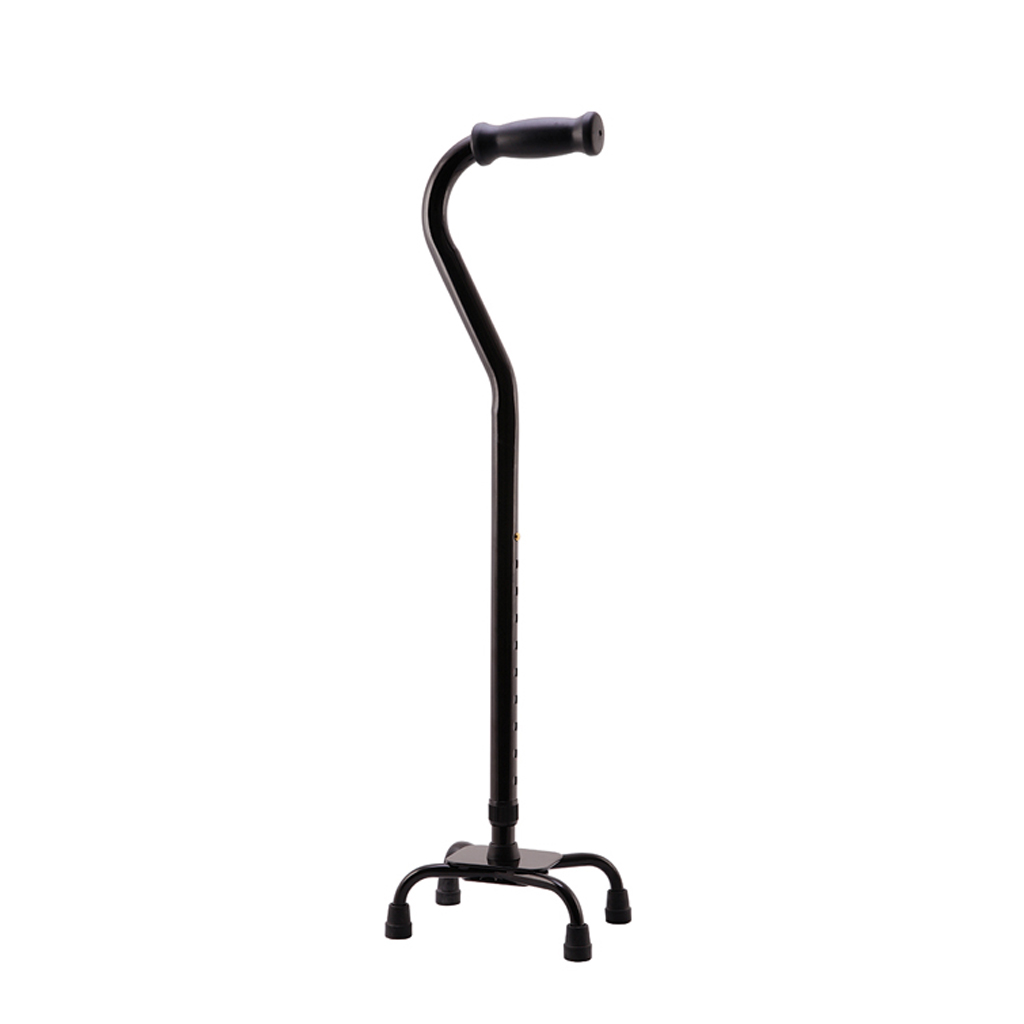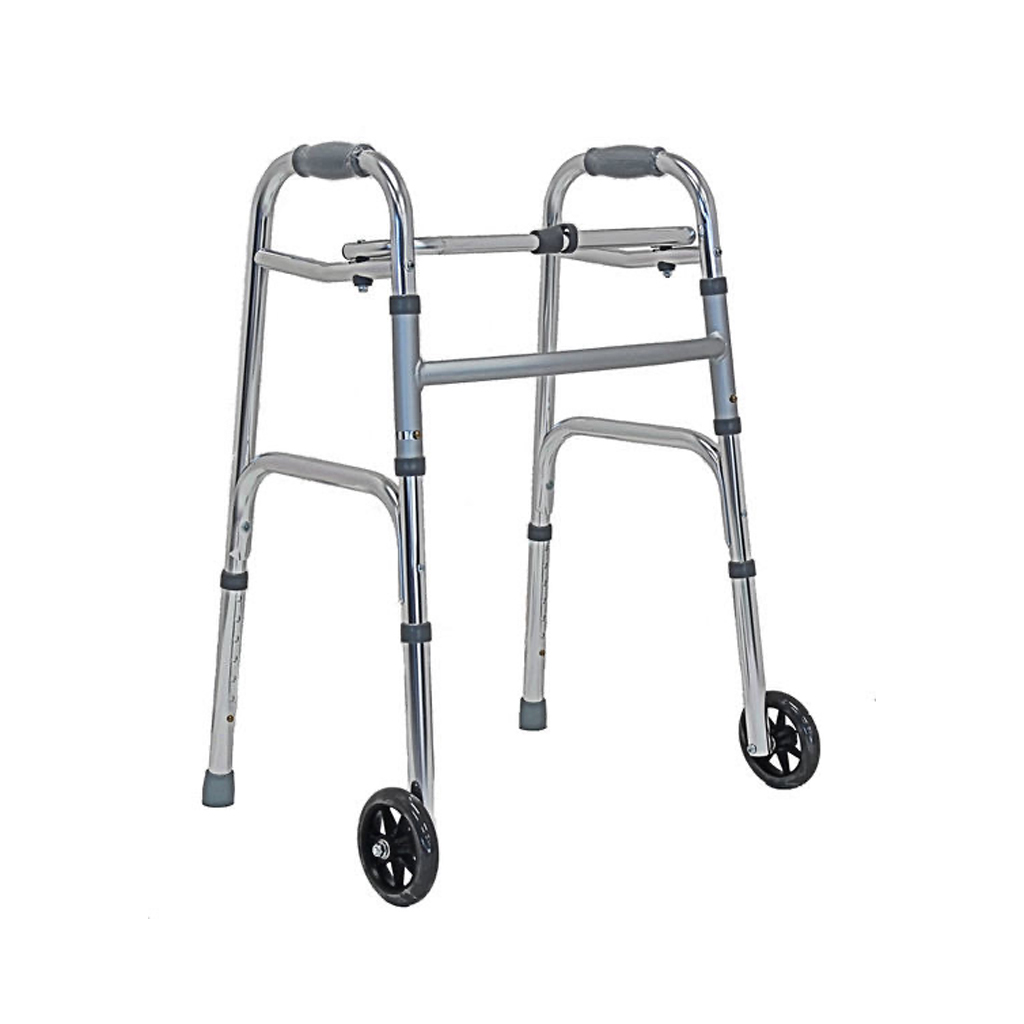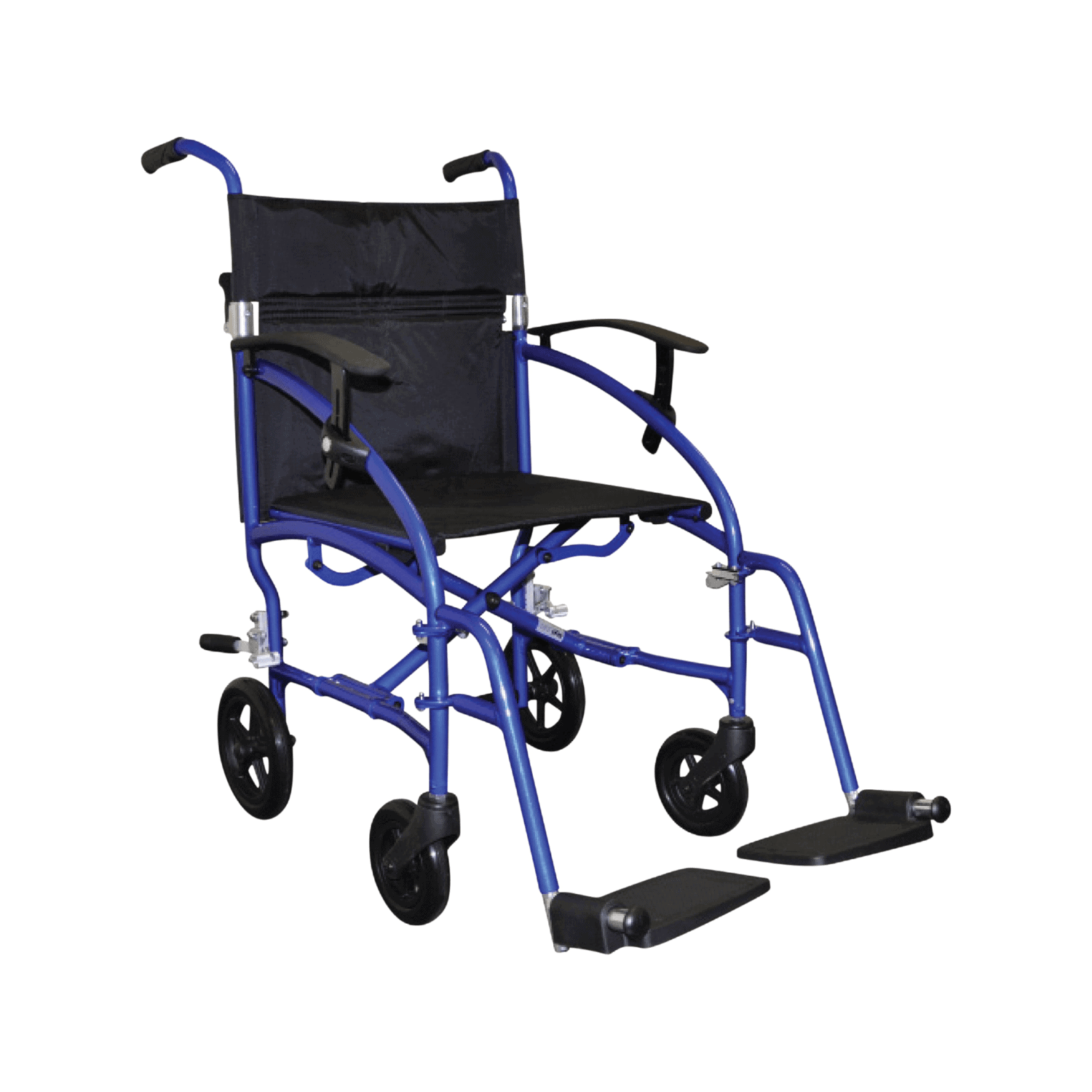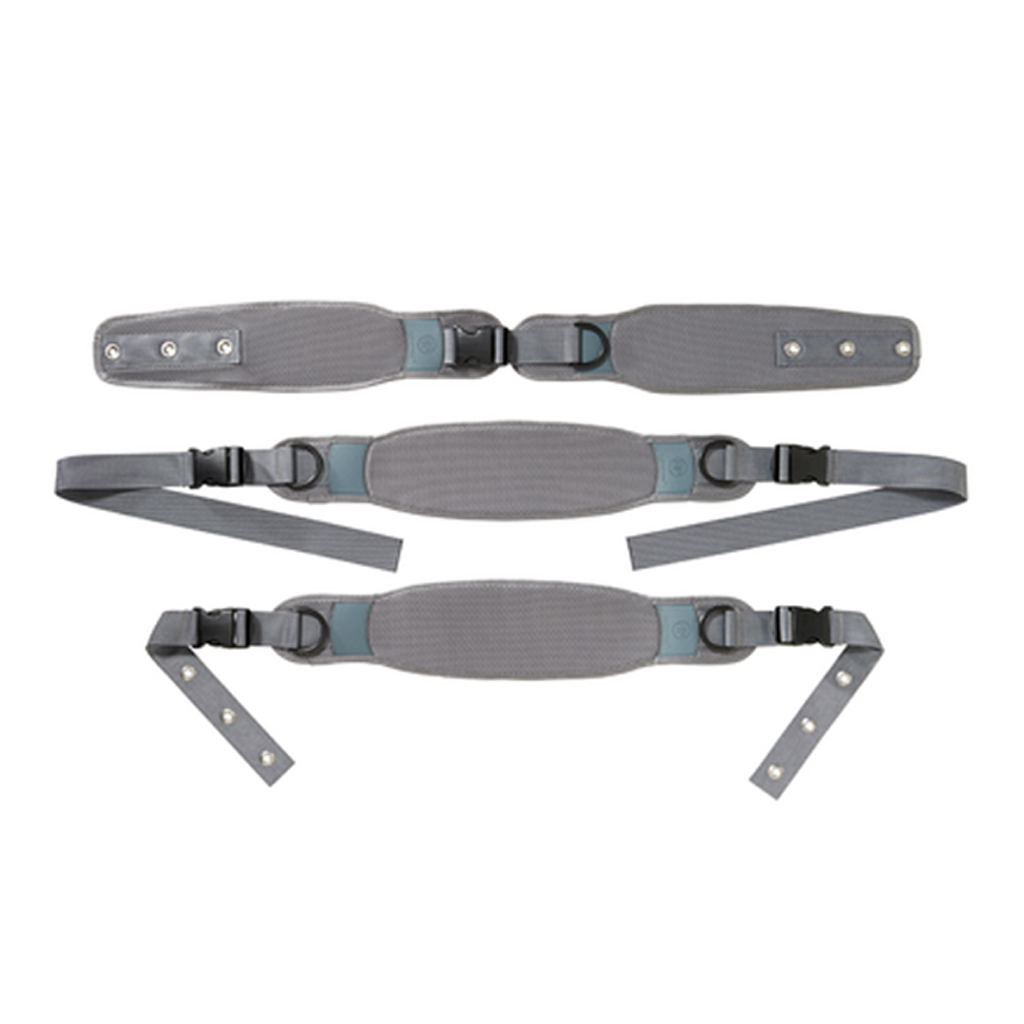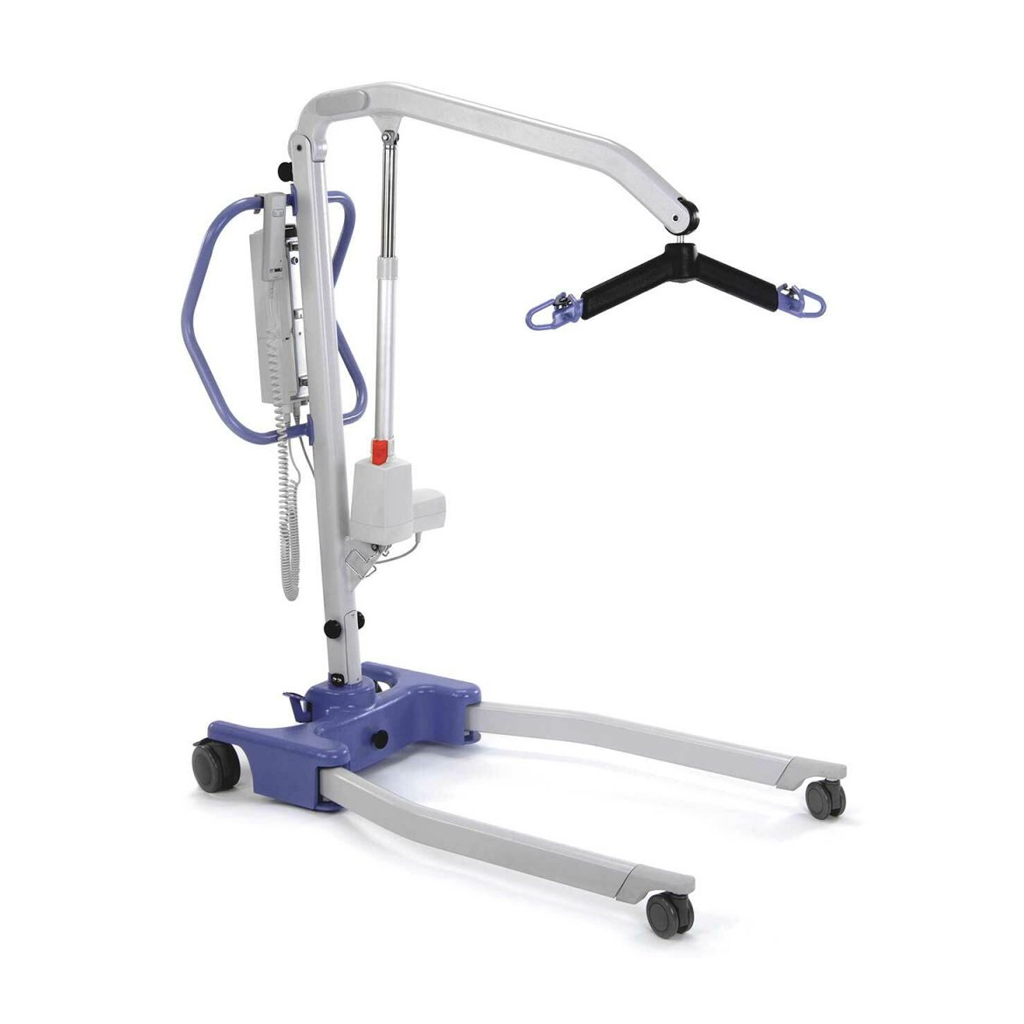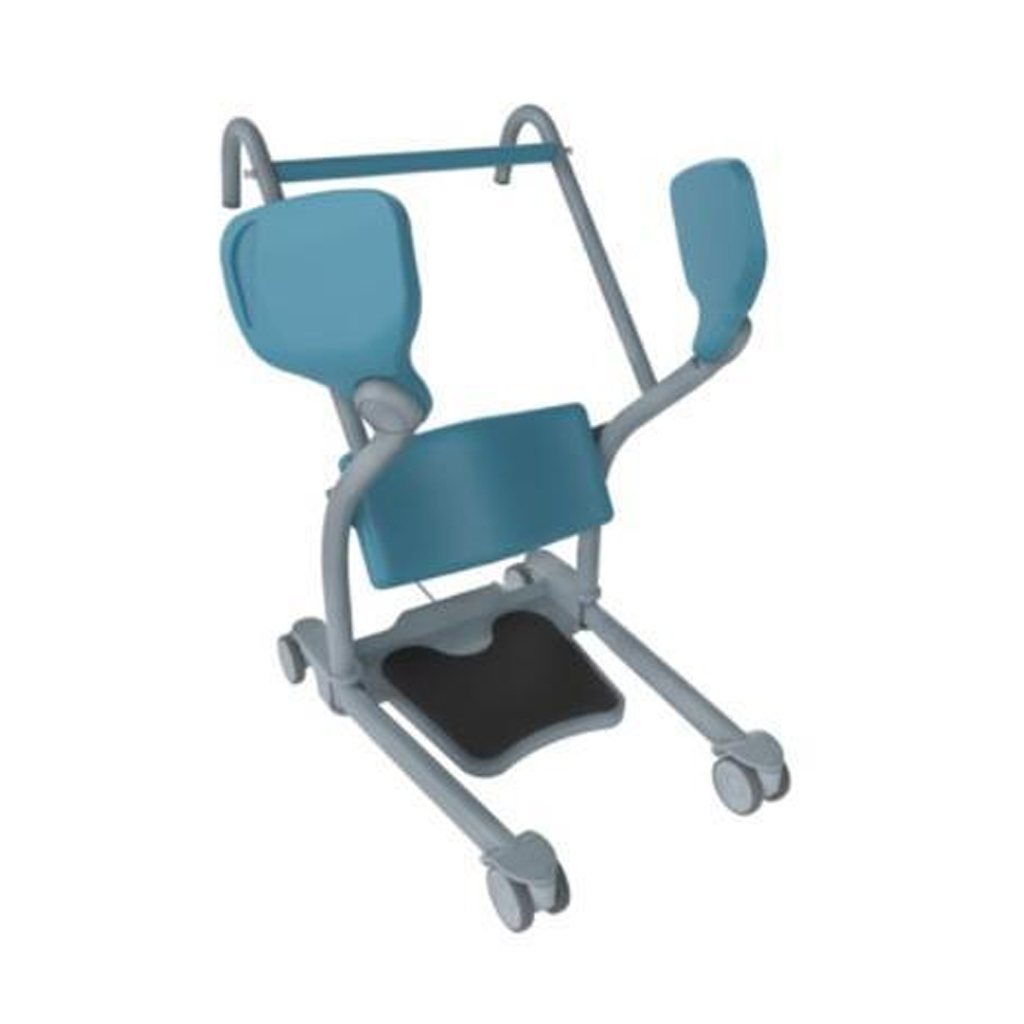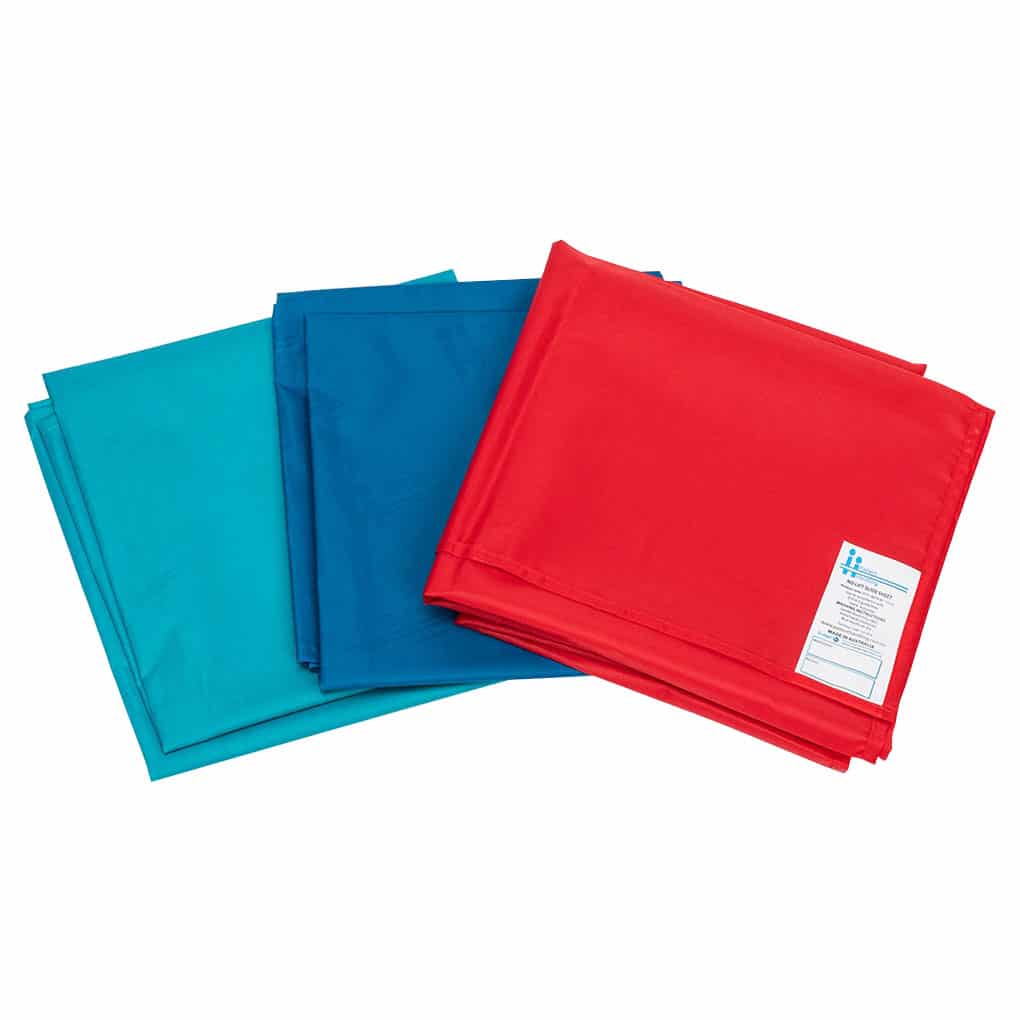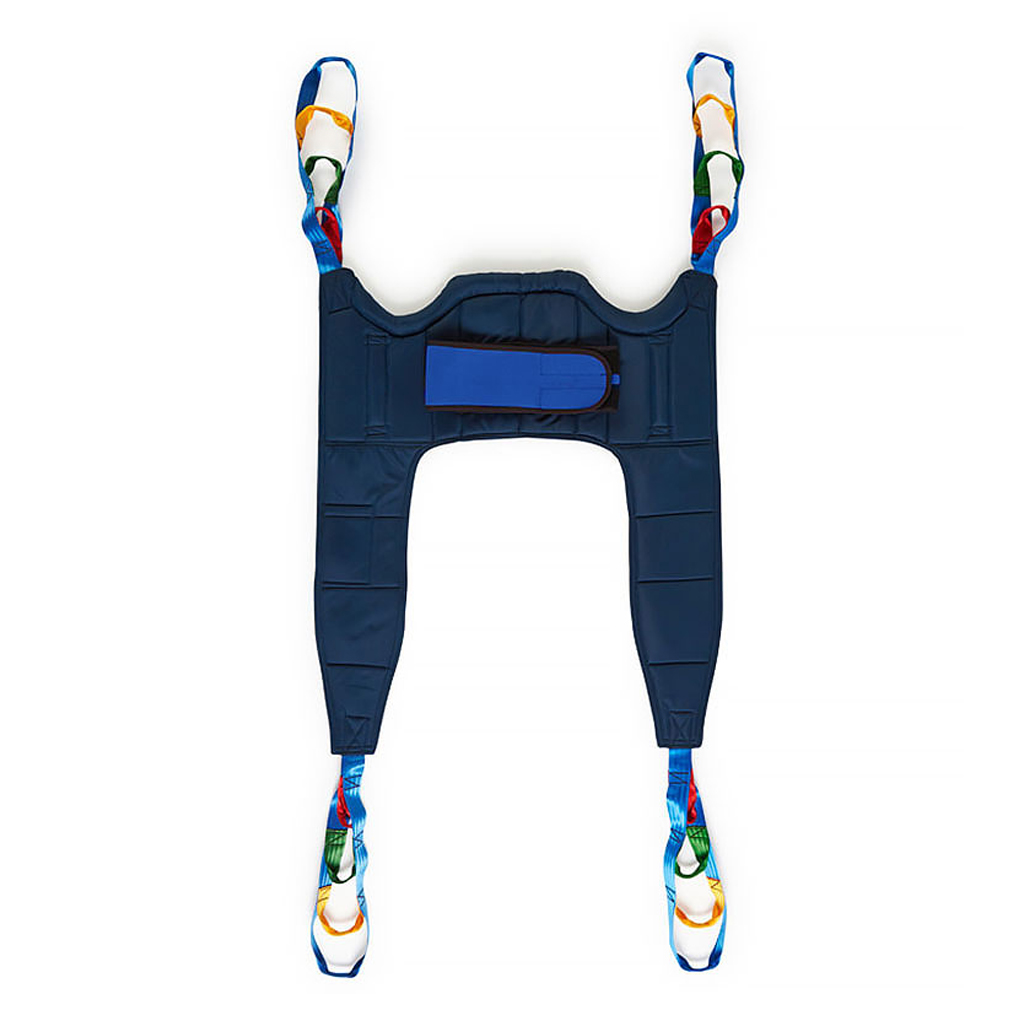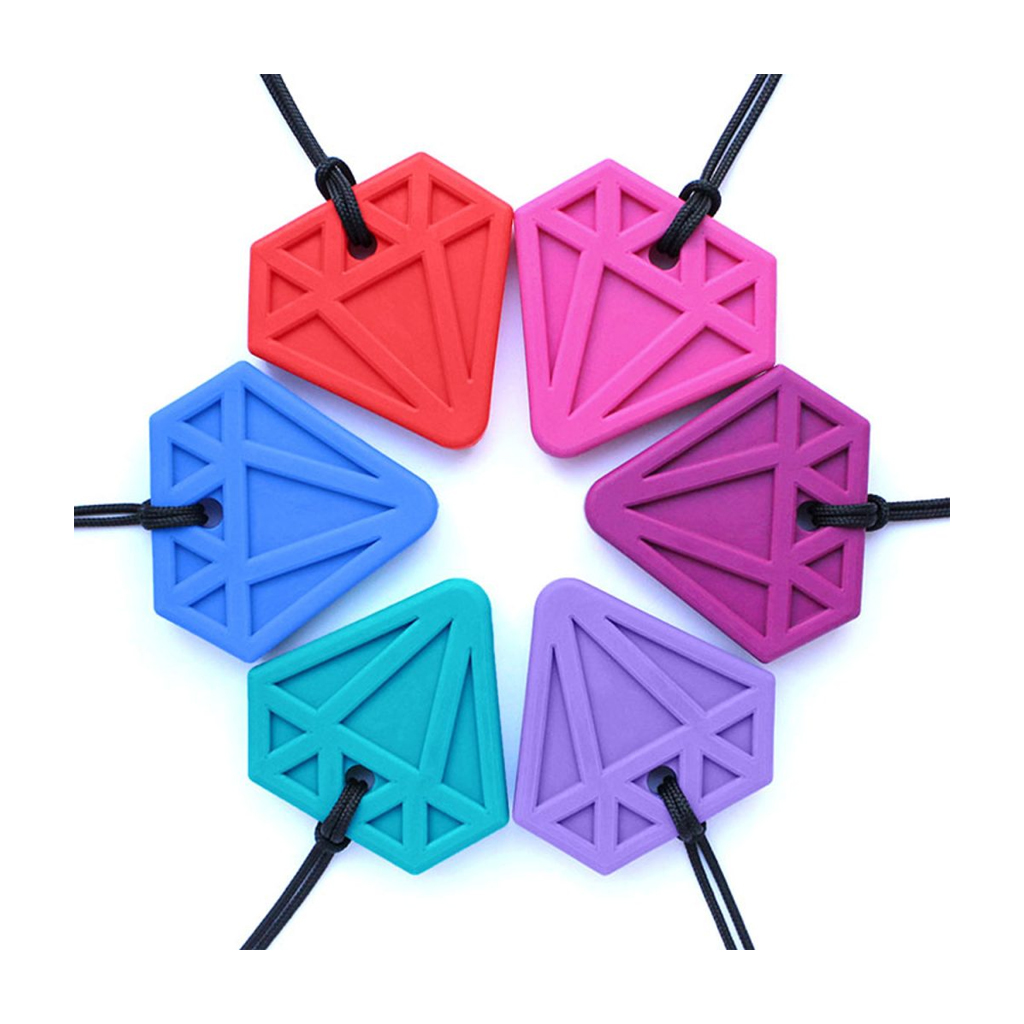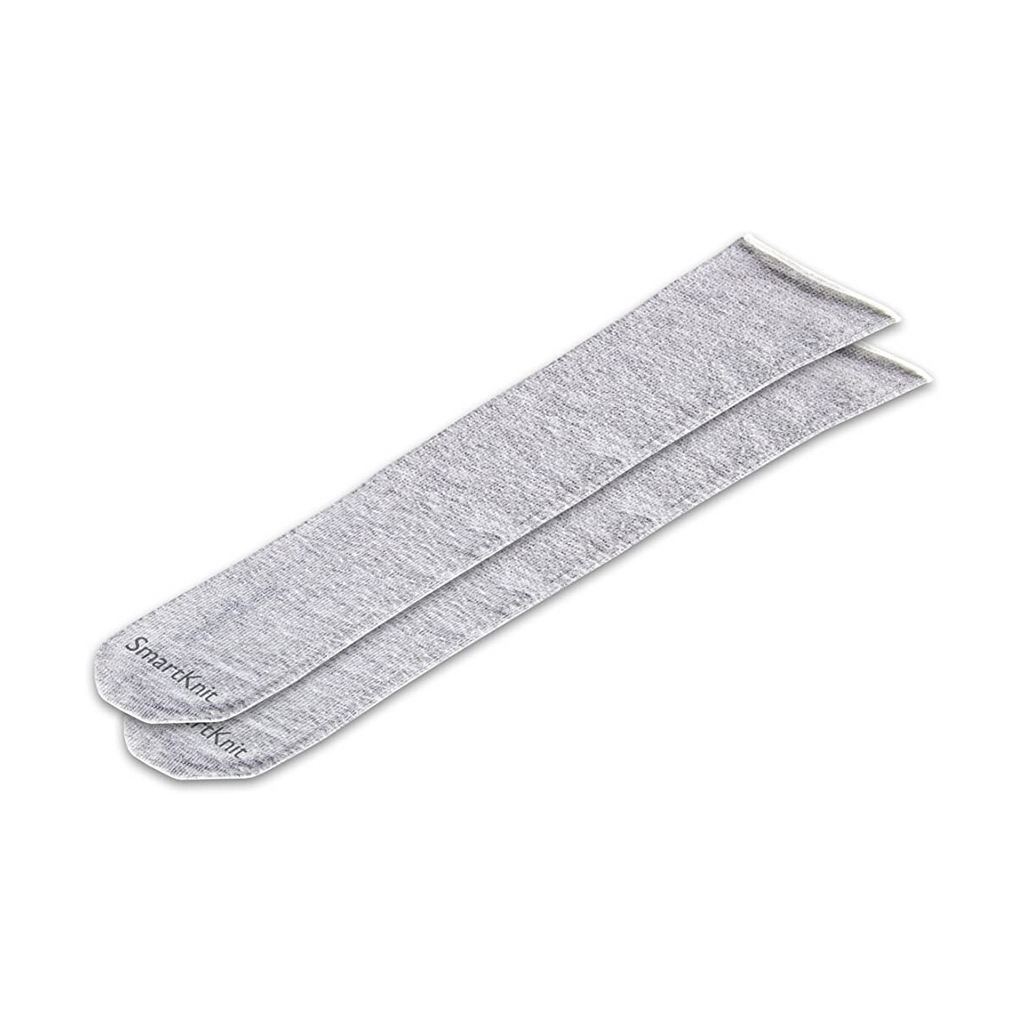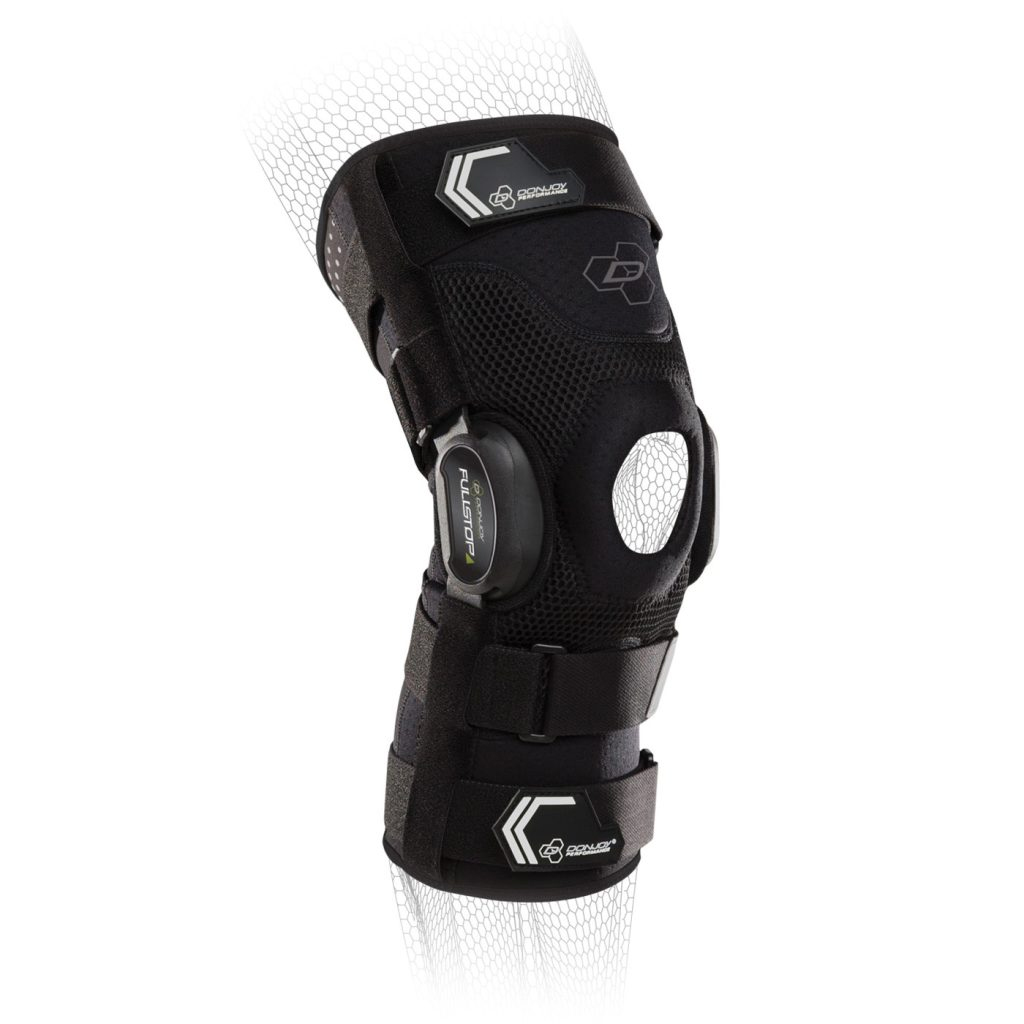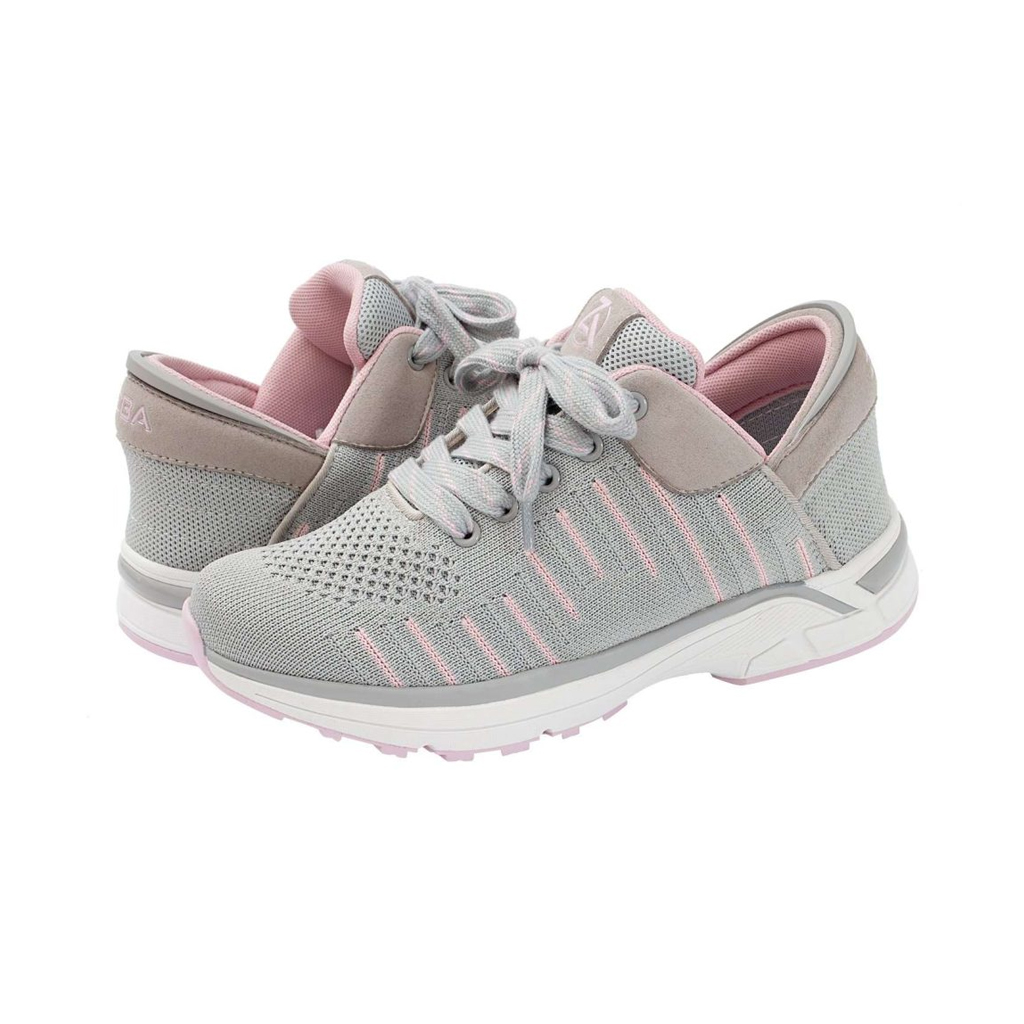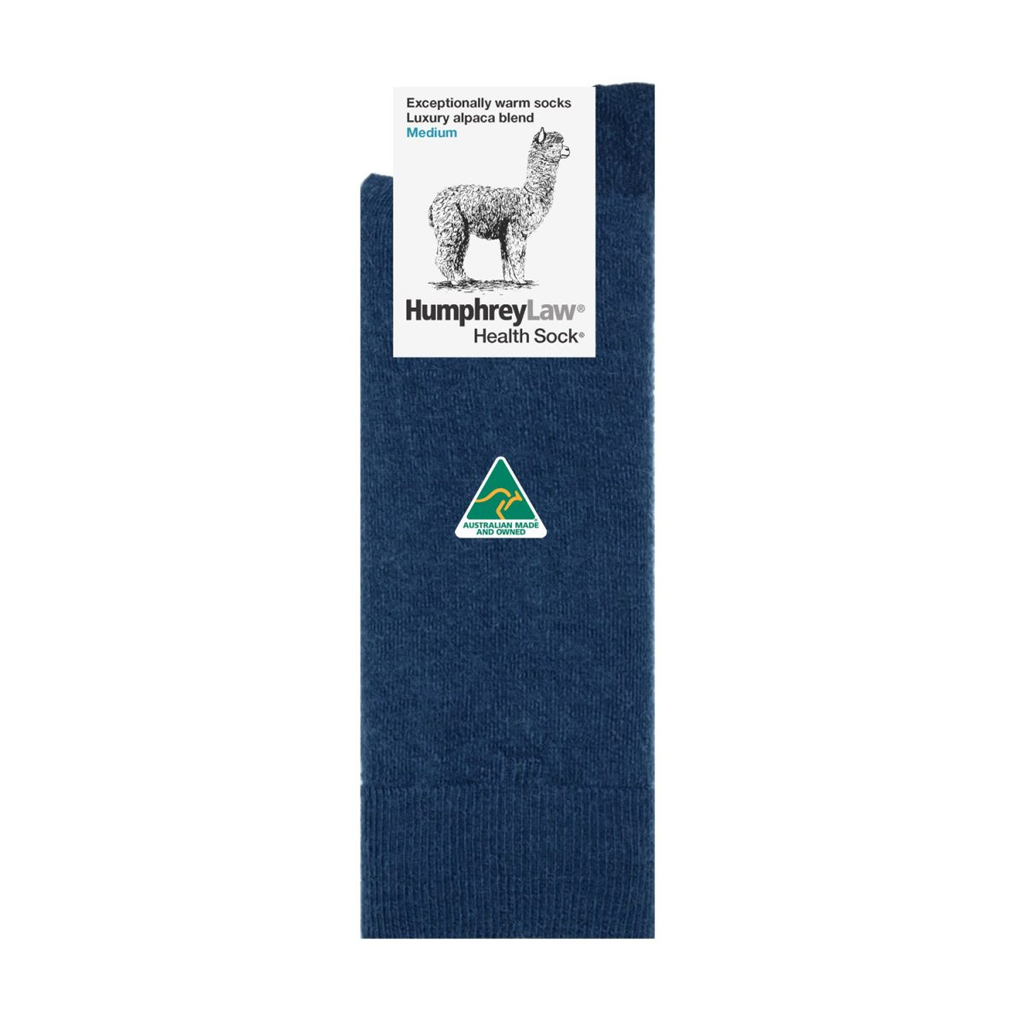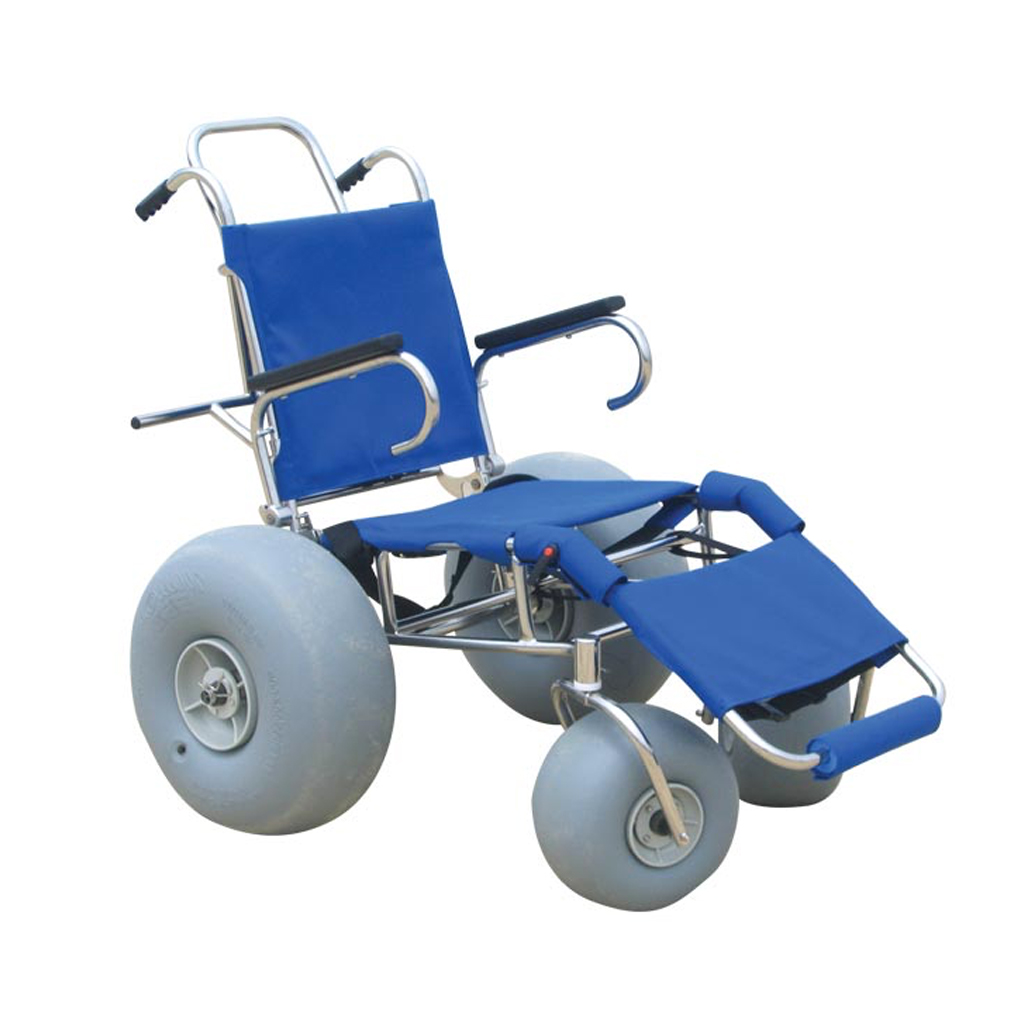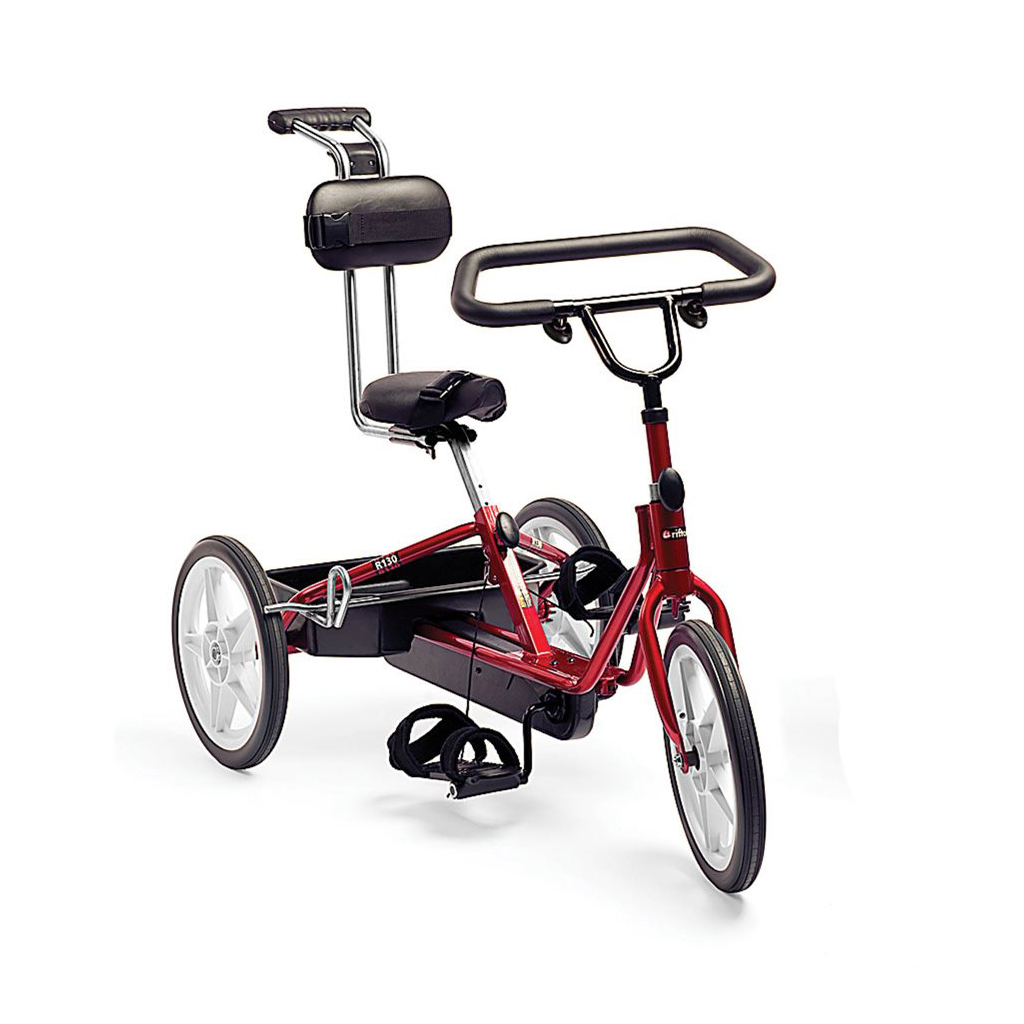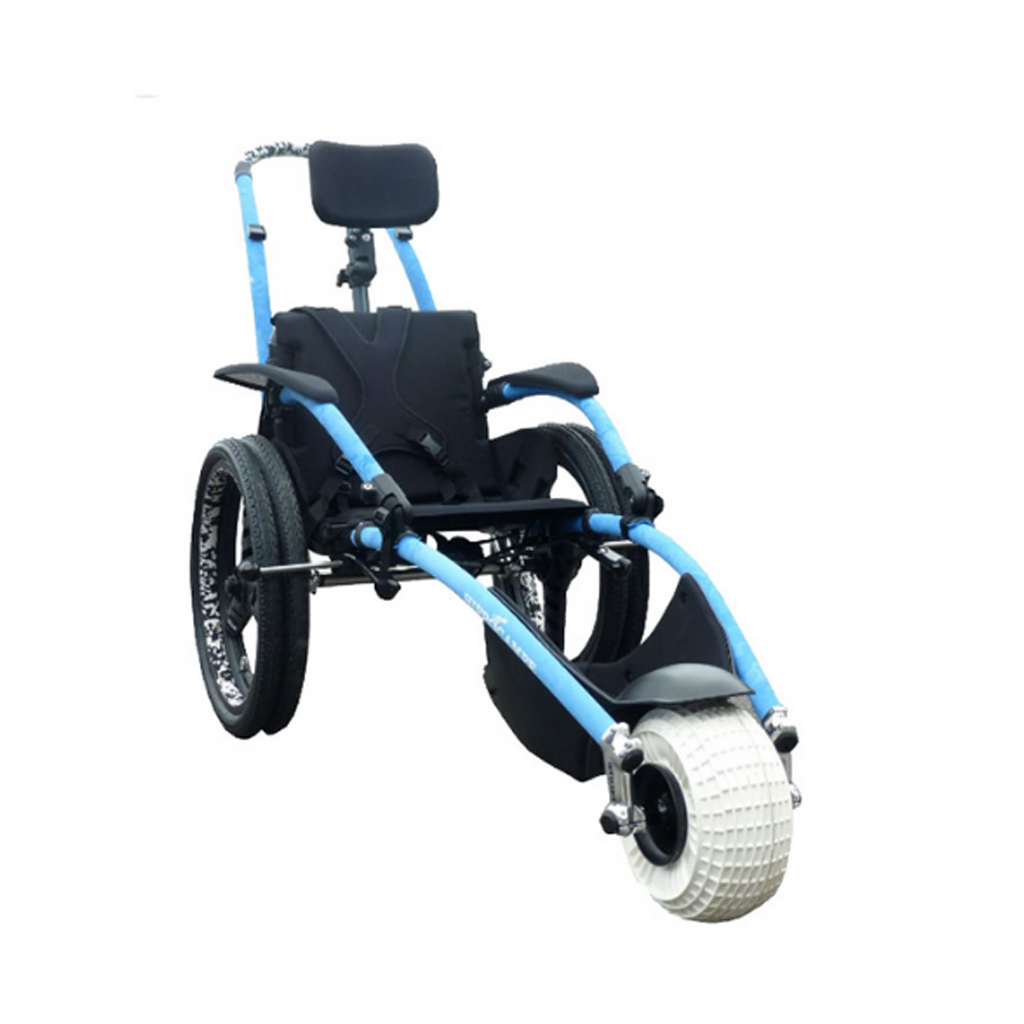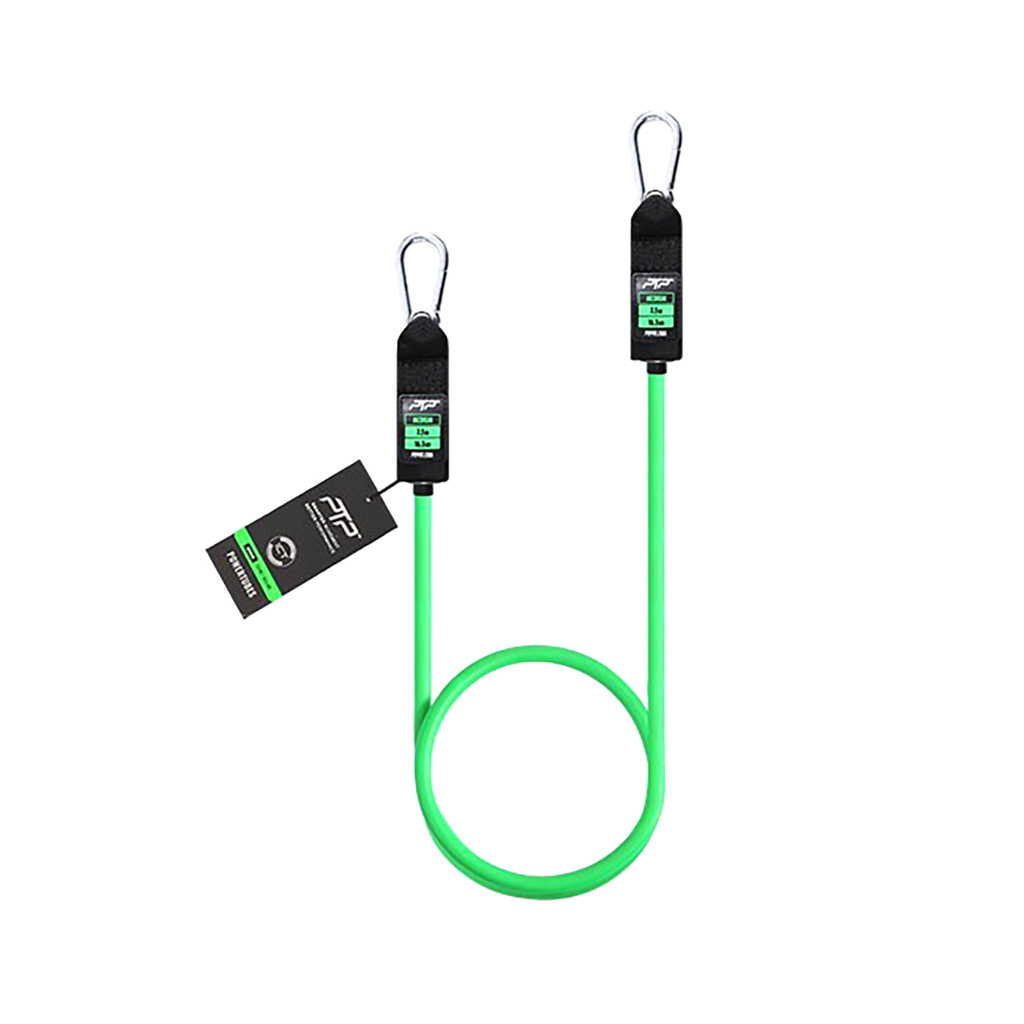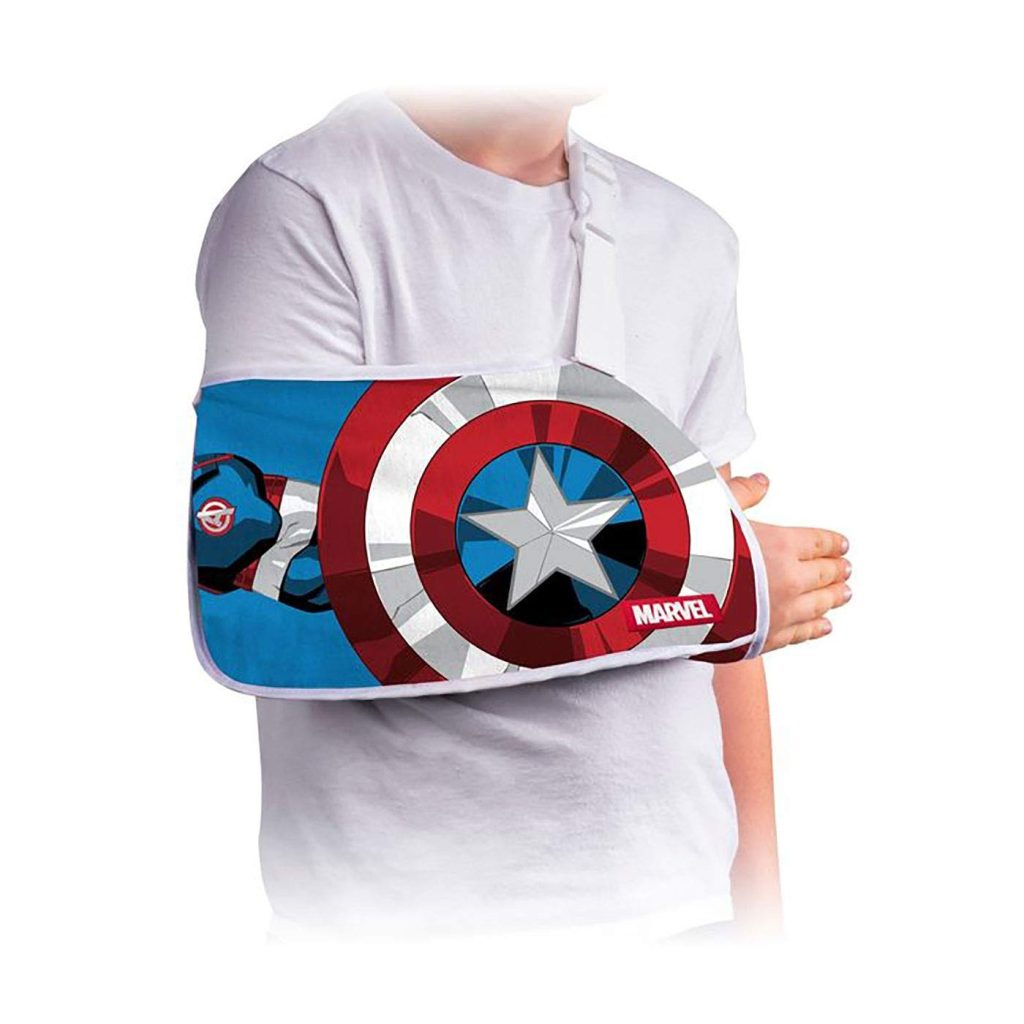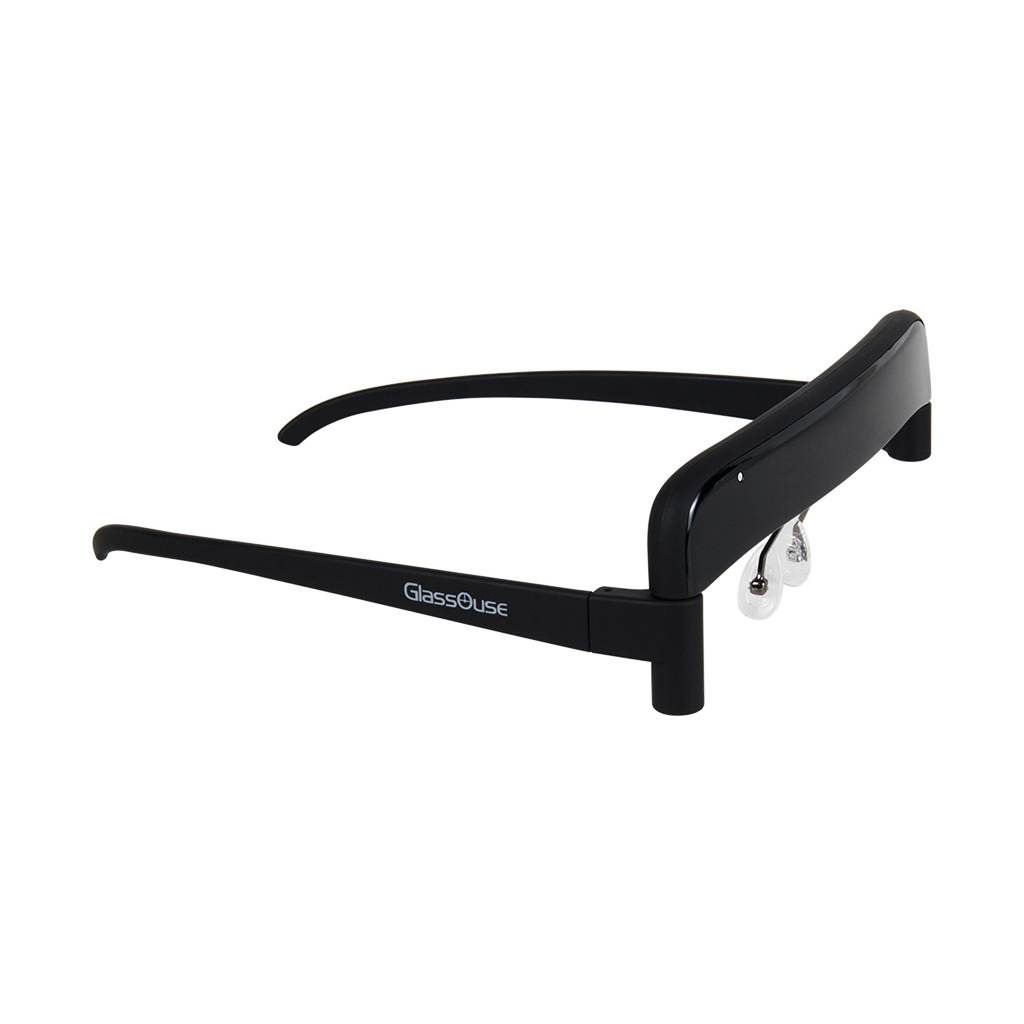Tips for supporting kids to use a walker correctly

Walkers can be an important device to support mobility for kids and young people living with disability.
If they are using a walker that is right for them and suits the skills that they have, there can be a range of positive benefits including:
- giving kids an opportunity to move and explore their environment
- helping them to interact with family and friends
- supporting them to join in Physical Education sessions at school
- keeping muscles strong and supple
- improving fitness and circulation
- improving bladder and bowel function
- boosting confidence.
The Novita team has some important tips for mums and dads and other family members and carers to ensure kids use their walkers safely – especially if they are using a walker for the first time.
Supervision
An adult should always supervise kids when they are using a walker. You need to be aware that when a walker enables your kids to become more mobile, they might be able to access areas that they previously couldn’t – such as stairs, cupboards, kerbs, stove tops, pot plants, edges of tables, ledges, and driveways. Always make sure you closely supervise your kids when they are going into new environments with their walker. Do not allow other kids to play with the walker or pull your child along while they are using their walker.
Hazards
It can be a good idea to install a safety gate in front of stairs. This can help to prevent falls and injuries especially when your kids have just started using a walker, or they are not old enough to understand the potential dangers of trying to use a walker to climb the stairs.
Encourage and teach your kids to be aware of obstacles and approaching hazards. Their ‘peripheral vision’ and depth perception may not be fully developed, so they may not be aware of the dangers of obstacles like stairs, pot-holes, and kerbs.
Always try to ensure there is a clear path for the walker, which will help to prevent trips and falls. Things to watch out for include slippery floors and surfaces, rugs, lips where floor surfaces change, and toys.
Using the walker
Talk to your Novita physiotherapist about the best ways for kids to use their walkers. For instance, your physio will be able to advise you if the walker should not be used over long distances because kids may become too tired.
Not all walkers can be used outdoors. Indoor walkers usually have small wheels that can become jammed on rough or uneven surfaces, which could cause the walker – and your kids – to become unbalanced and fall over. Walkers suitable for outdoor mobility will often have larger wheels and can generally cope much better with rougher surfaces. You should check with your physio or therapist to make sure the walker your kids are using is ok to use outdoors, and always be cautious when the walker is being used on uneven ground or busy environments with a lot of people around.
Practice safe transfers in and out of the walker. Your physiotherapist can give you advice about how to do this and talk you through the process. Practicing transferring into and out of the walked will help kids to build their confidence about using these mobility devices. It is also important to make sure other family members, carers, and even teachers know how to help kids get into and out of their walker safely.
Taking care of the walker
Always keep the walker clean and dry. Check for damaged or broken wheels and other worn parts. You should talk to your physio or other therapists if the walker needs repairs or replacing. Sand and salt water don’t mix with most walkers, so avoid taking them to the beach.
If your kids are growing, and you think the walker might need to be adjusted, talk to your physiotherapist. Some walkers have manufacturer recommendations about how high they can be raised before they become unstable, so it is best to ask your physiotherapist to make any adjustments. Some walkers also have a weight limit, so if your child is growing and gaining weight, talk to your physio about whether your child is approaching the walker’s weight limit.
The same applies when kids’ mobility skills are changing. If you have concerns about how they are using their walker, talk to your physiotherapist.
How Novita can support you
Novita’s physiotherapists are highly skilled at providing advice and support for kids and young people living with disability, along with their families, carers, and teachers, to make sure kids are safely using a walker that suits their abilities and skills. Find out more about Novita’s physiotherapy services here.
Novita’s Assistive Technology unit NovitaTech provides a range of mobility services for people living with disability, including tailored walkers to provide safe, comfortable, supportive, and functional devices to support everyday activities. Find out more about NovitaTech’s Seating and Mobility Services here.
Talk to us
If you would like to talk to us about walkers, or organise for your child to be assessed for using a walker, contact our friendly Customer Experience Team on 1300 668 482 or email services@novita.org.au

